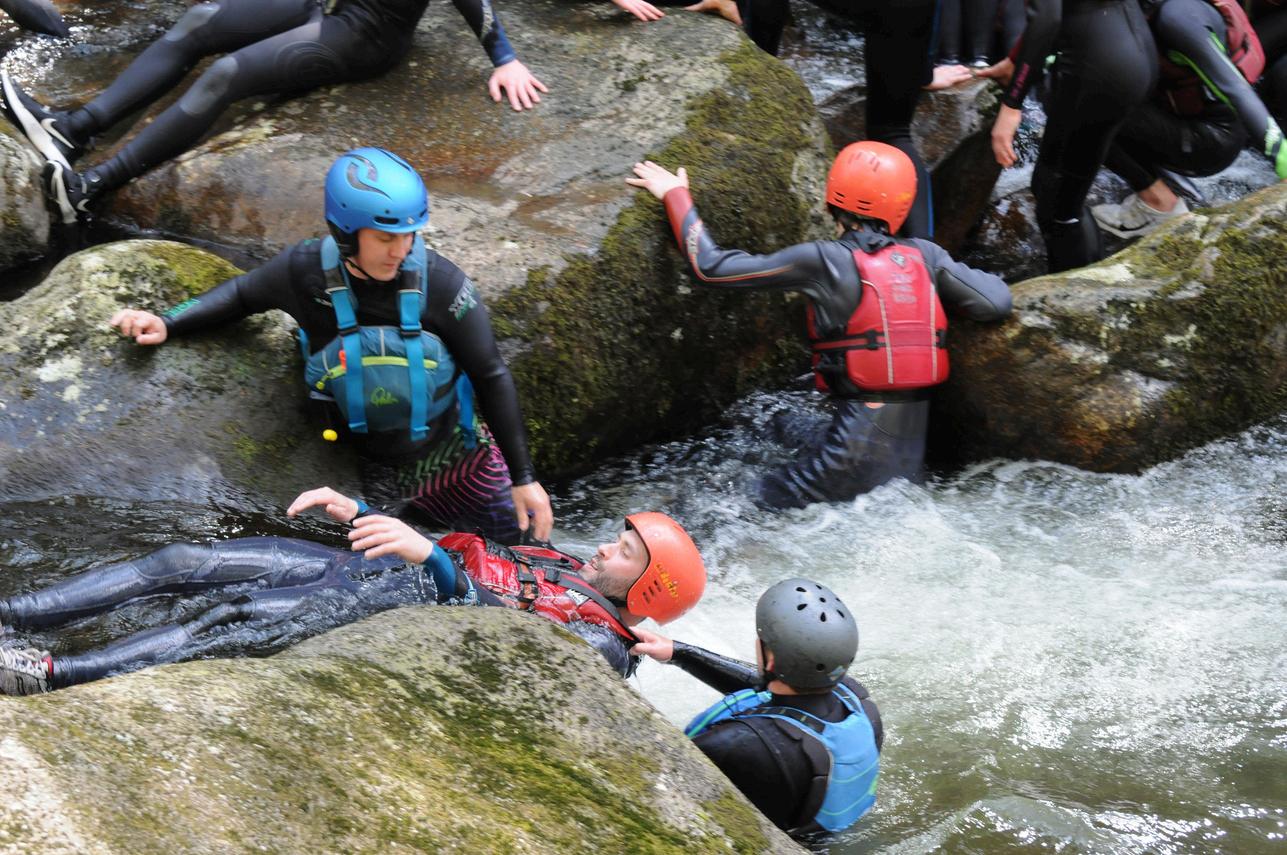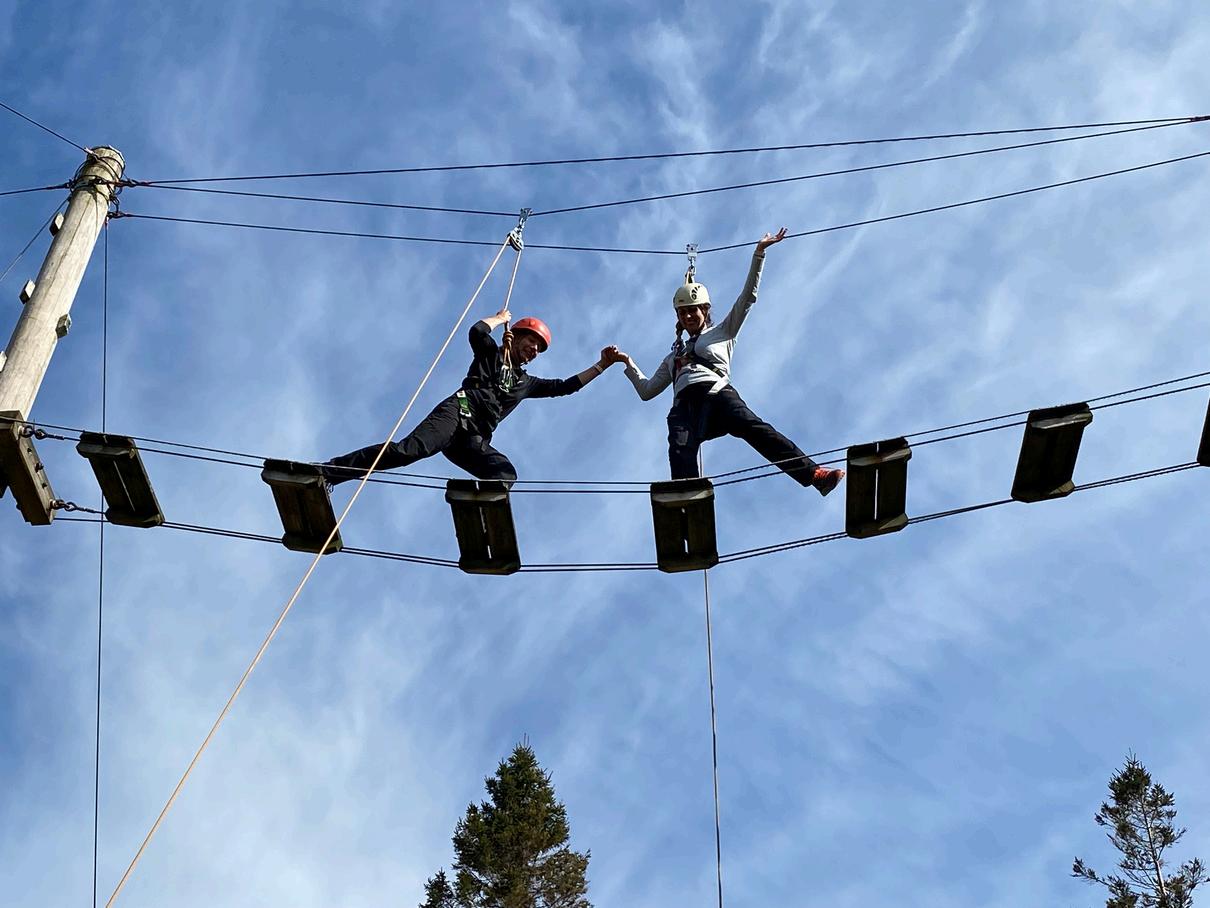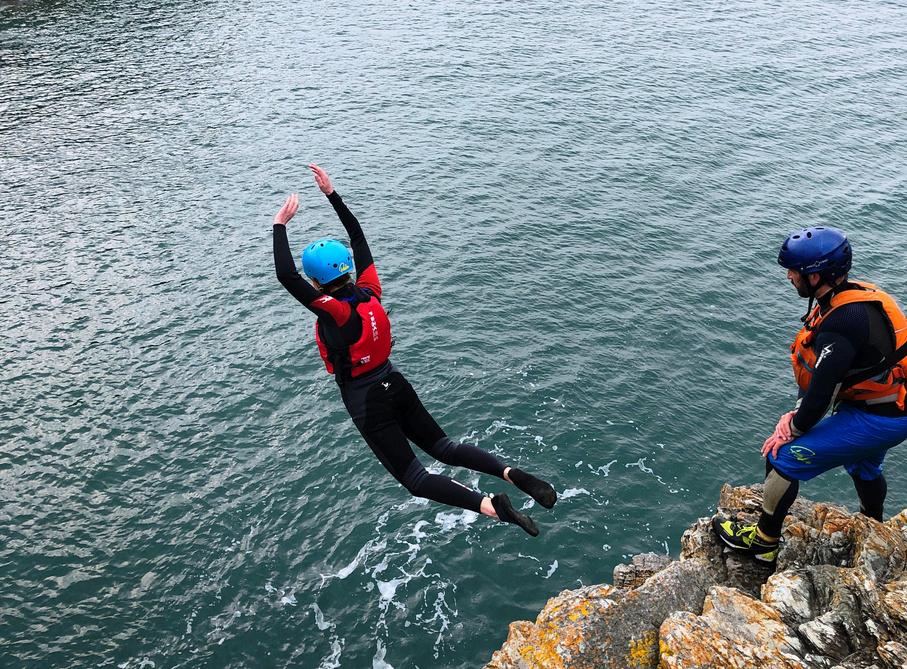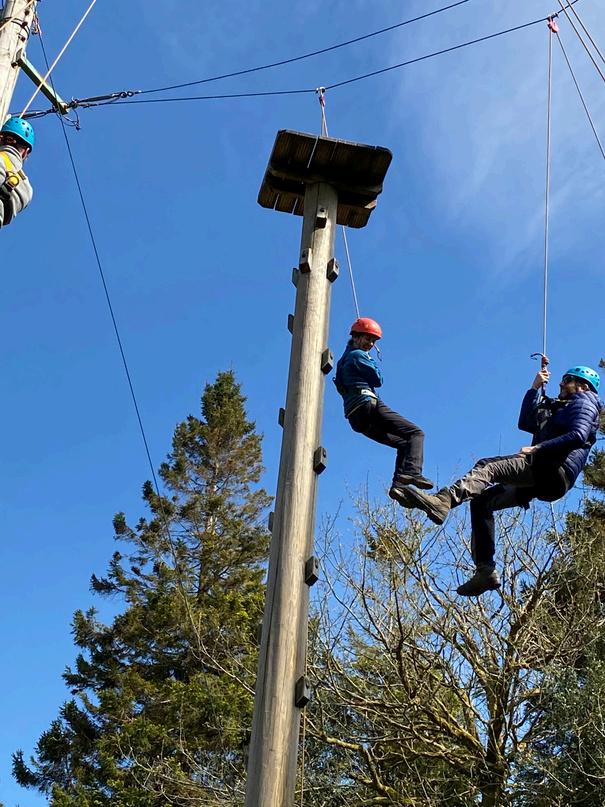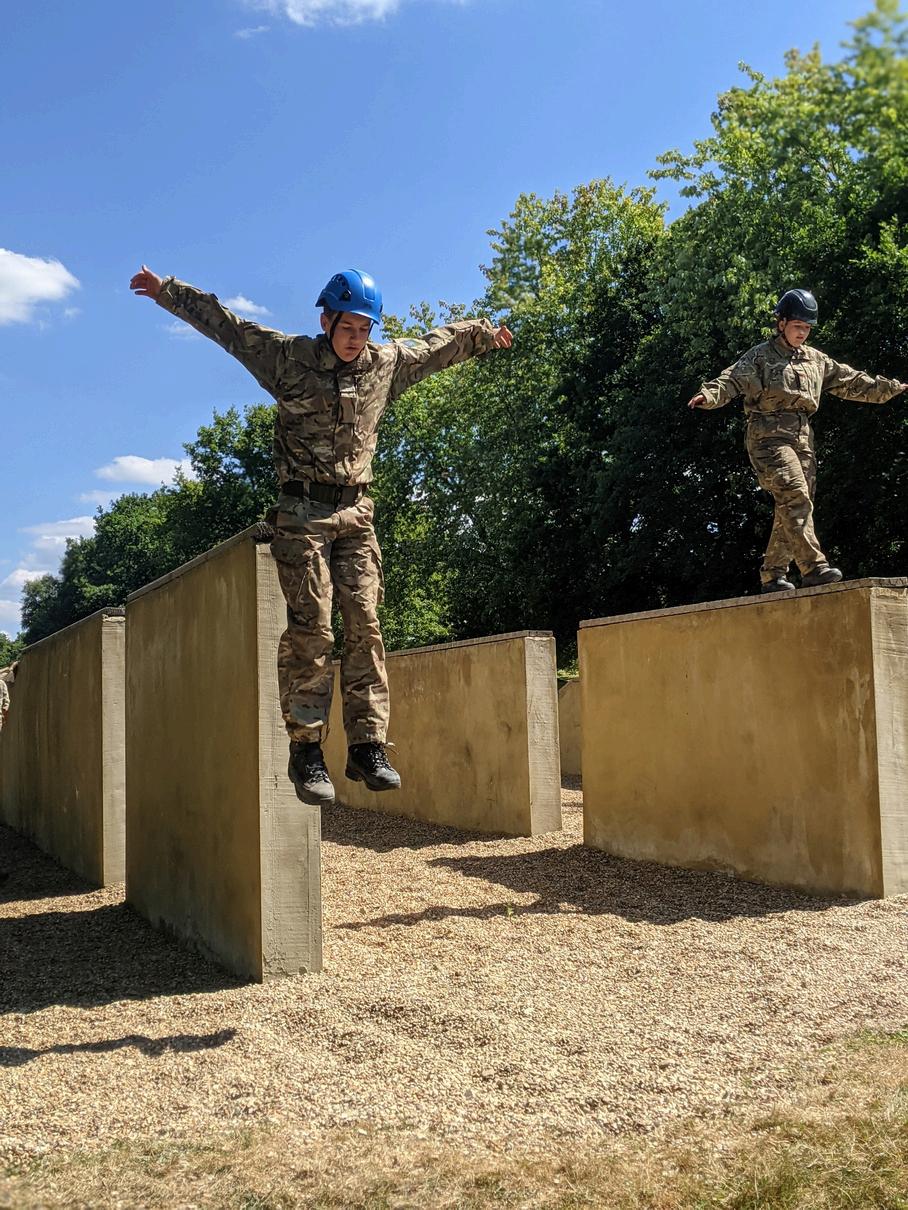




YEAR 10 IN SEPTEMBER 2025
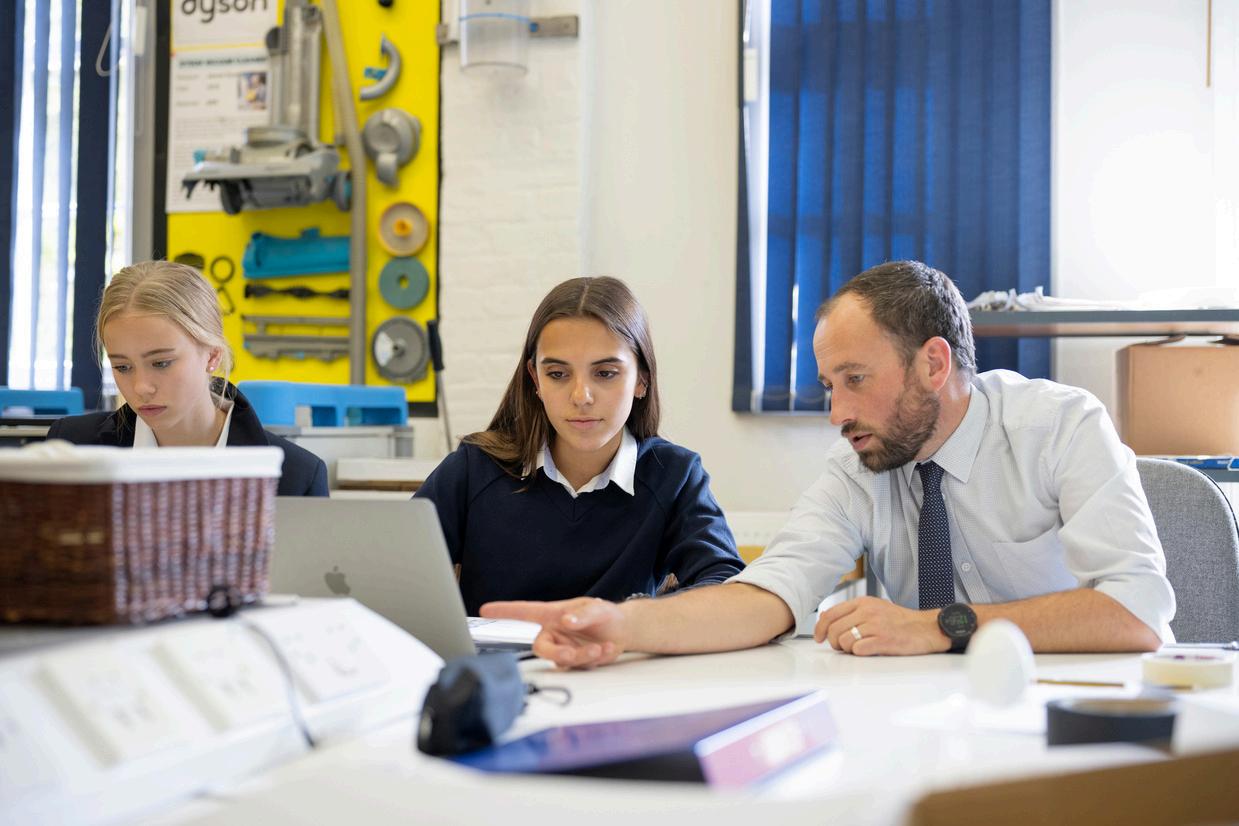
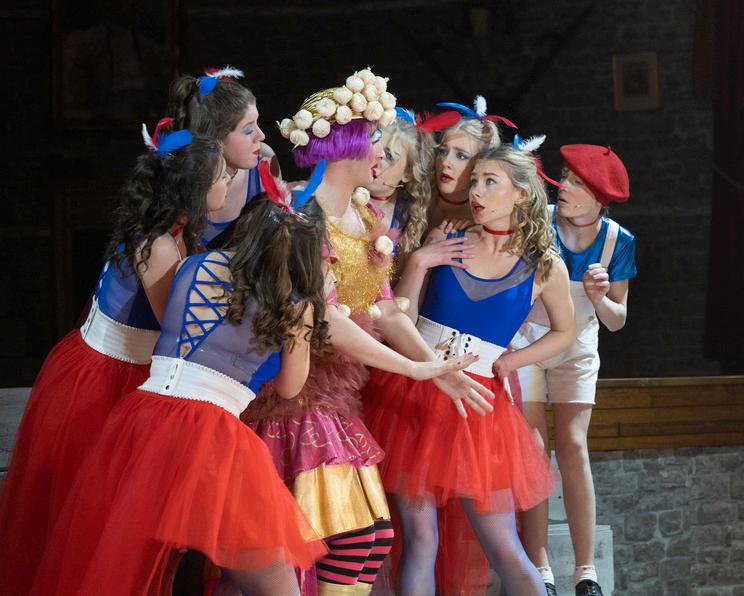
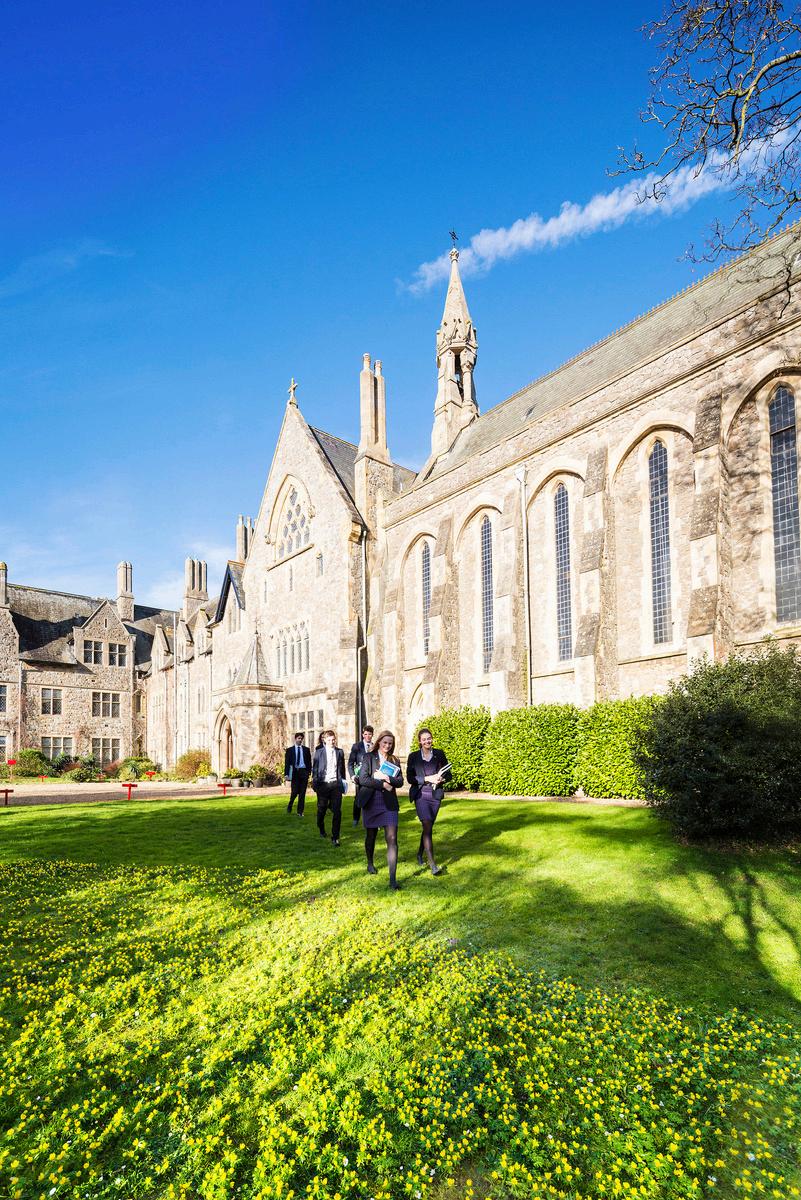
Choosing your options is an exciting time – but it can also be a daunting one This booklet is designed to help you and your parents make informed choices about the subjects you will study in Middle and Upper Fifth (years 10 and 11) It provides detailed descriptions of the subjects offered for GCSE, both the core subjects (English, Mathematics and Science) and those which are optional Making an informed choice, based on experience and aptitude, is crucial
The information within ‘Entering Year 10’ will complement the ideas your son or daughter may already have as well as clarify issues which might seem difficult There is a detailed description of each subject, with an indication of the specification’s assessment requirements and the skills needed to succeed in the subject.
Please read this booklet carefully to decide what set of subjects you would like to study for GCSE. It forms the basis of informed discussion between pupil, parent, teacher and tutor so that, together, we can help pupils find the right combination of subjects to study.
We are proud of our success at GCSE and are aware of our responsibility to ensure that all our pupils embark on the right courses for them With your help, we will plan the most suitable way forward for your son or daughter
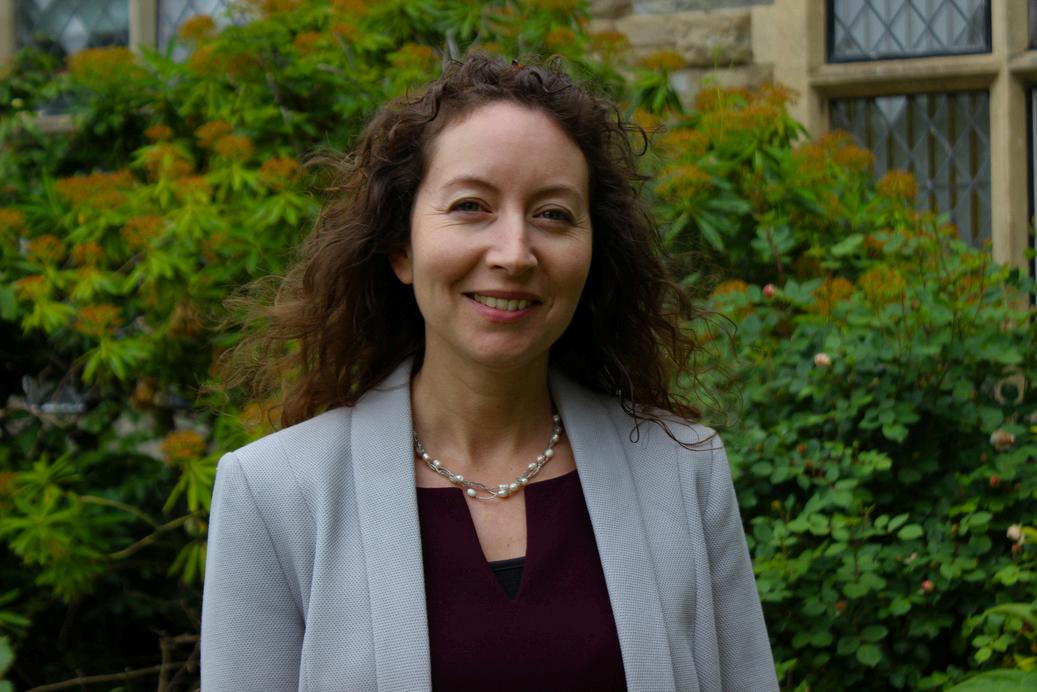

Year 10 Curriculum
Core
Subjects
English
English as an Additional Language
Mathematics
Extra Mathematics and English
Science (Biology, Chemistry, Physics)
PSHEE
Optional Subjects
Art and Design
Ceramics (Three-Dimensional Design)
Computer Science
Drama
Economics
Food Preparation and Nutrition
Geography
History
Film Studies
Modern Languages
French
Spanish
Latin
Music
Physical Education
Product Design
Religious Studies
Options Table
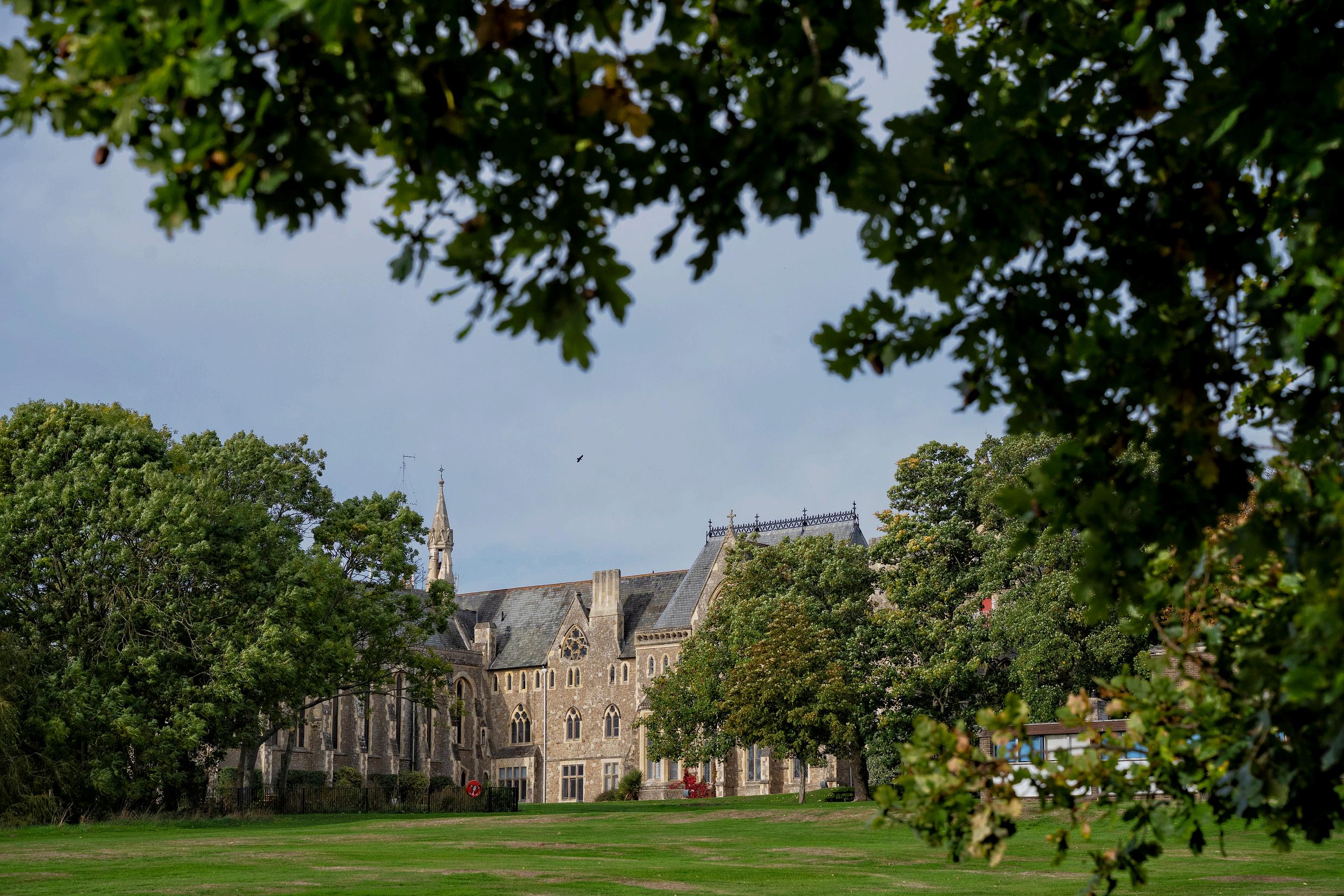
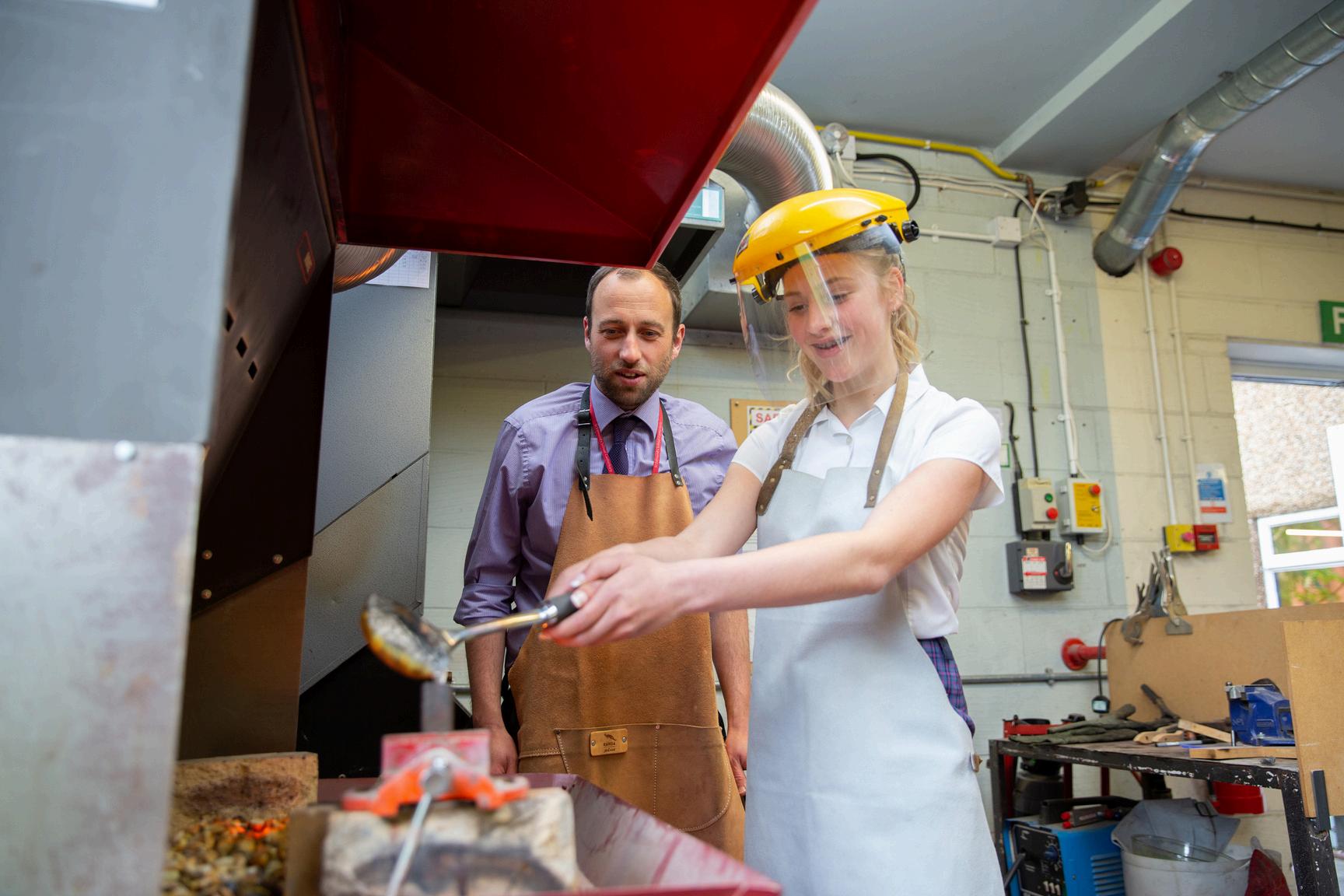
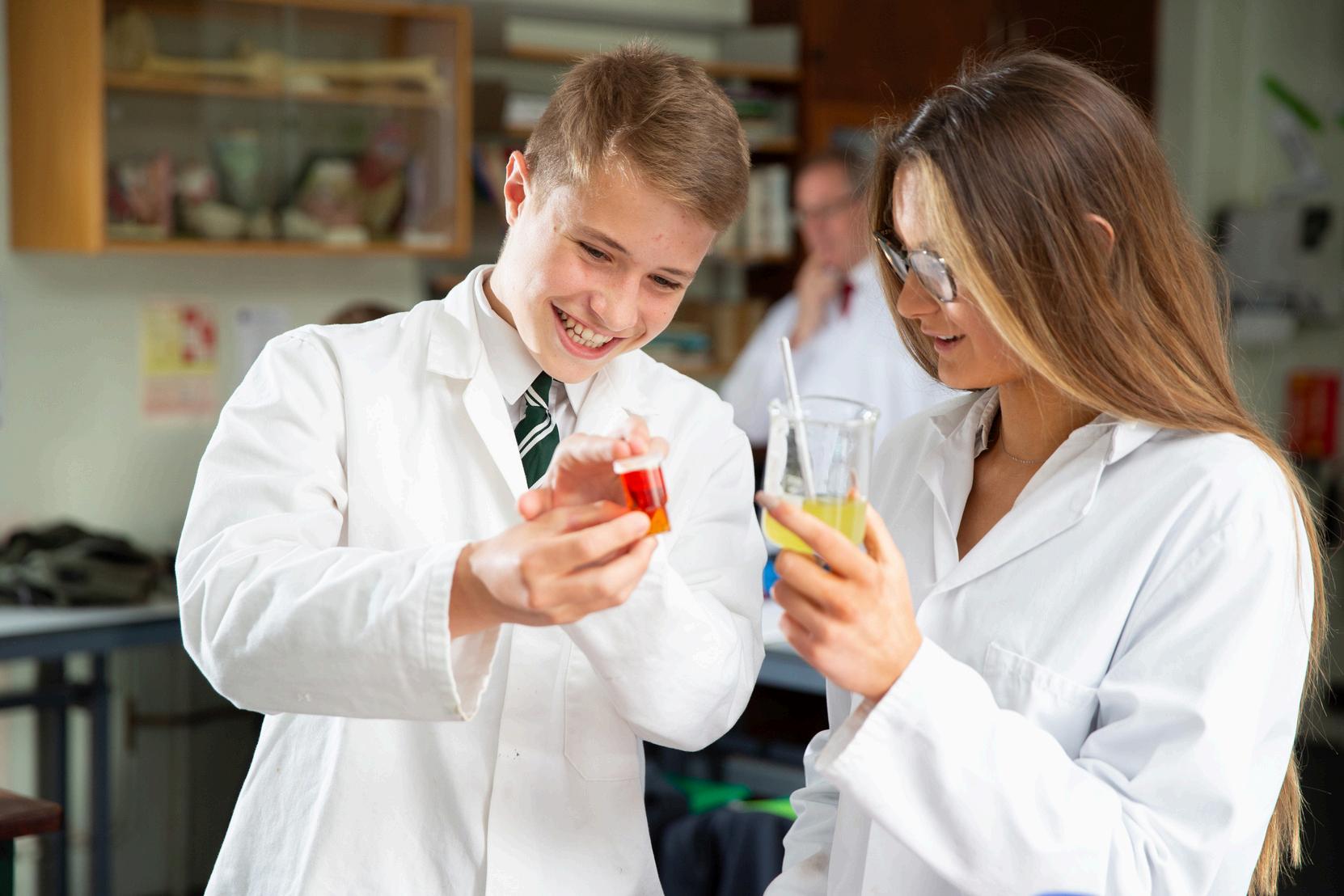
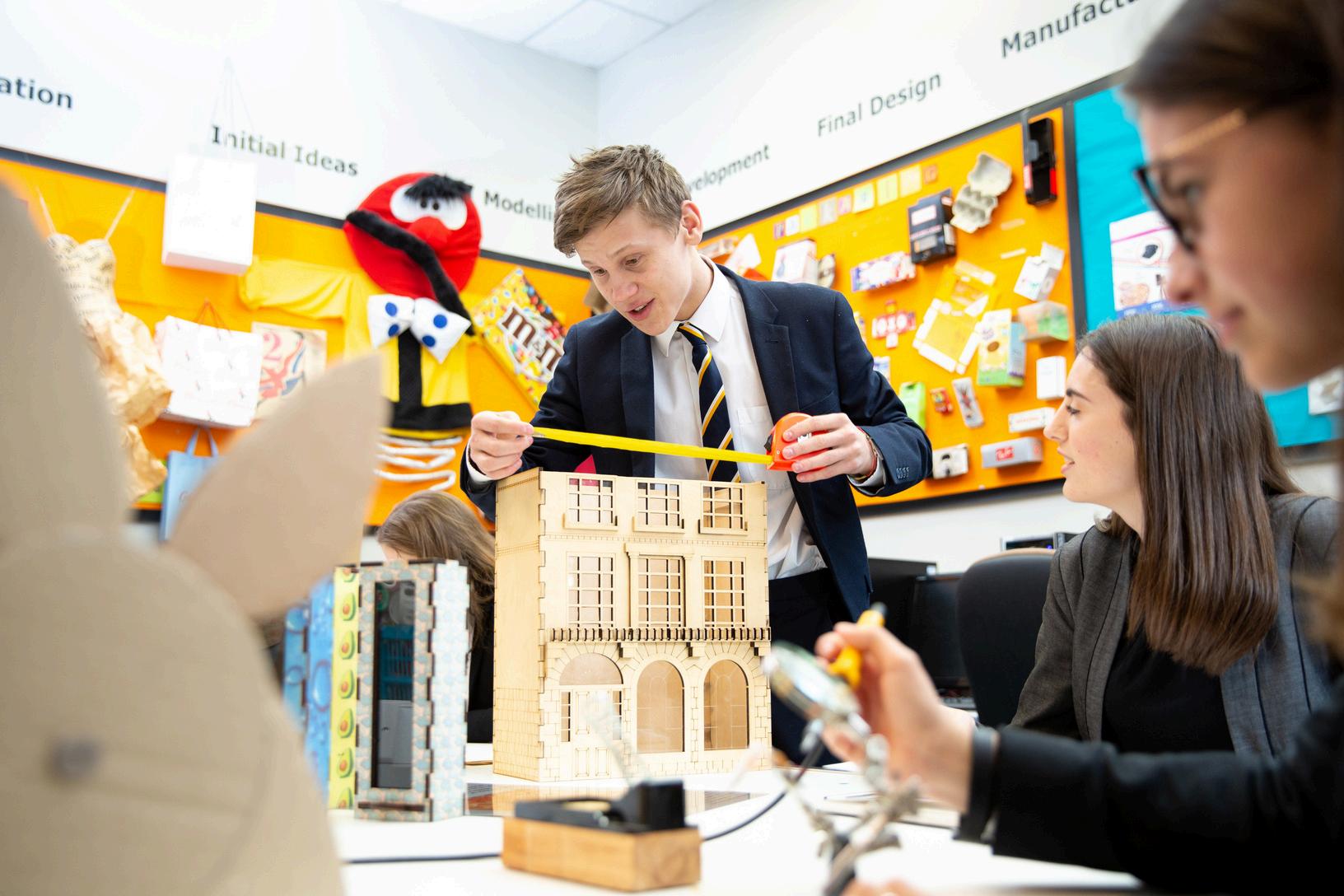

English (Language & Literature)
Mathematics
Science
PSHEE, PE, Games, Outdoor Ed
Optional Subjects
Pupils usually choose 3 options
Future Skills
The old and new GCSE grading scales do not directly compare but there are three points where they align, as the diagram shows:
The bottom of grade 7 is aligned with the bottom of grade A;
The bottom of grade 4 is aligned with the bottom of grade C; and
The bottom of grade 1 is aligned with the bottom of grade G
Beyond academic lessons, pupils build wider skills through:
Physical Education lessons (one hour per week)
Games (one afternoon weekly)
Personal, Social, Health, Economic Education (PSHEE) lessons (one hour per week)
Skills and Services afternoon (one afternoon per fortnight) This includes: - the CCF (Combined Cadet Force) - the Duke of Edinburgh’s Award Scheme - Voluntary Action
Participation in a range of other options, both group and individual, such as music, theatre, debating, talks, House activities, competitions and overseas trips
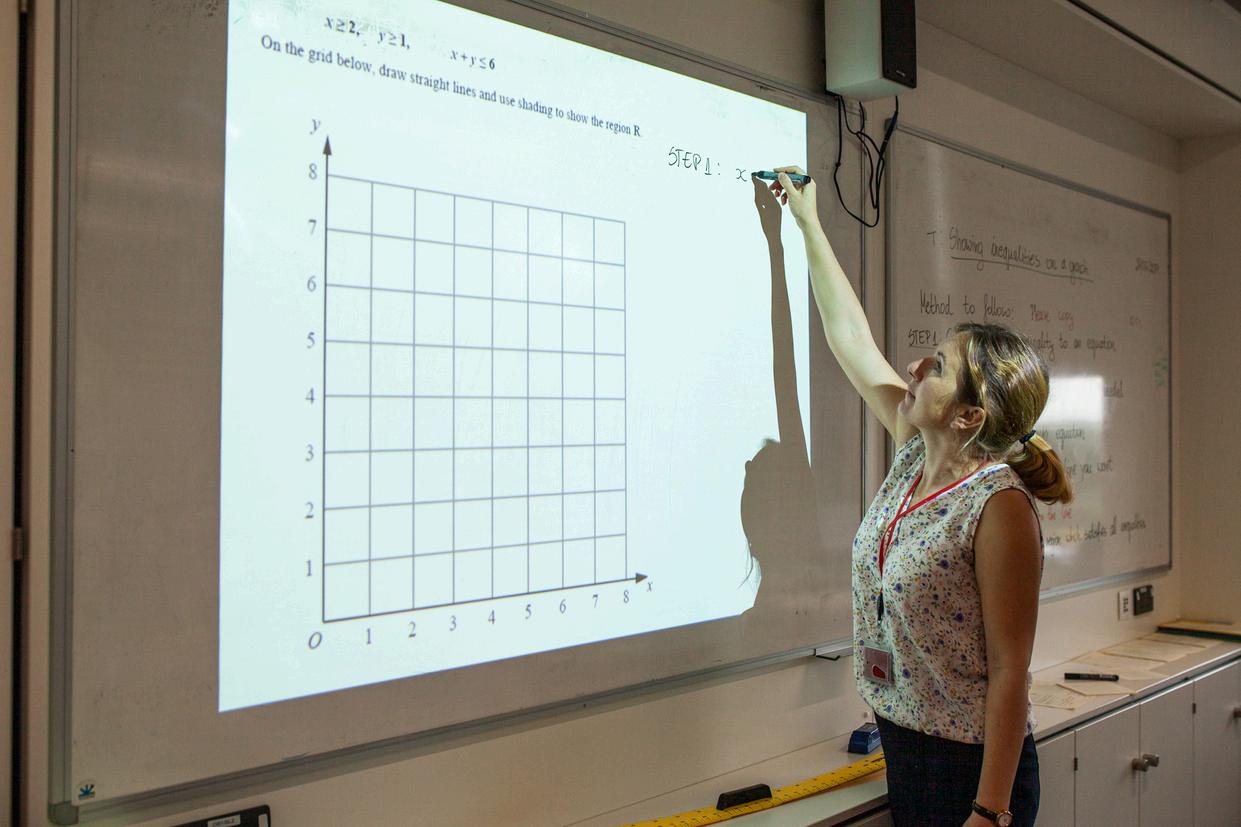
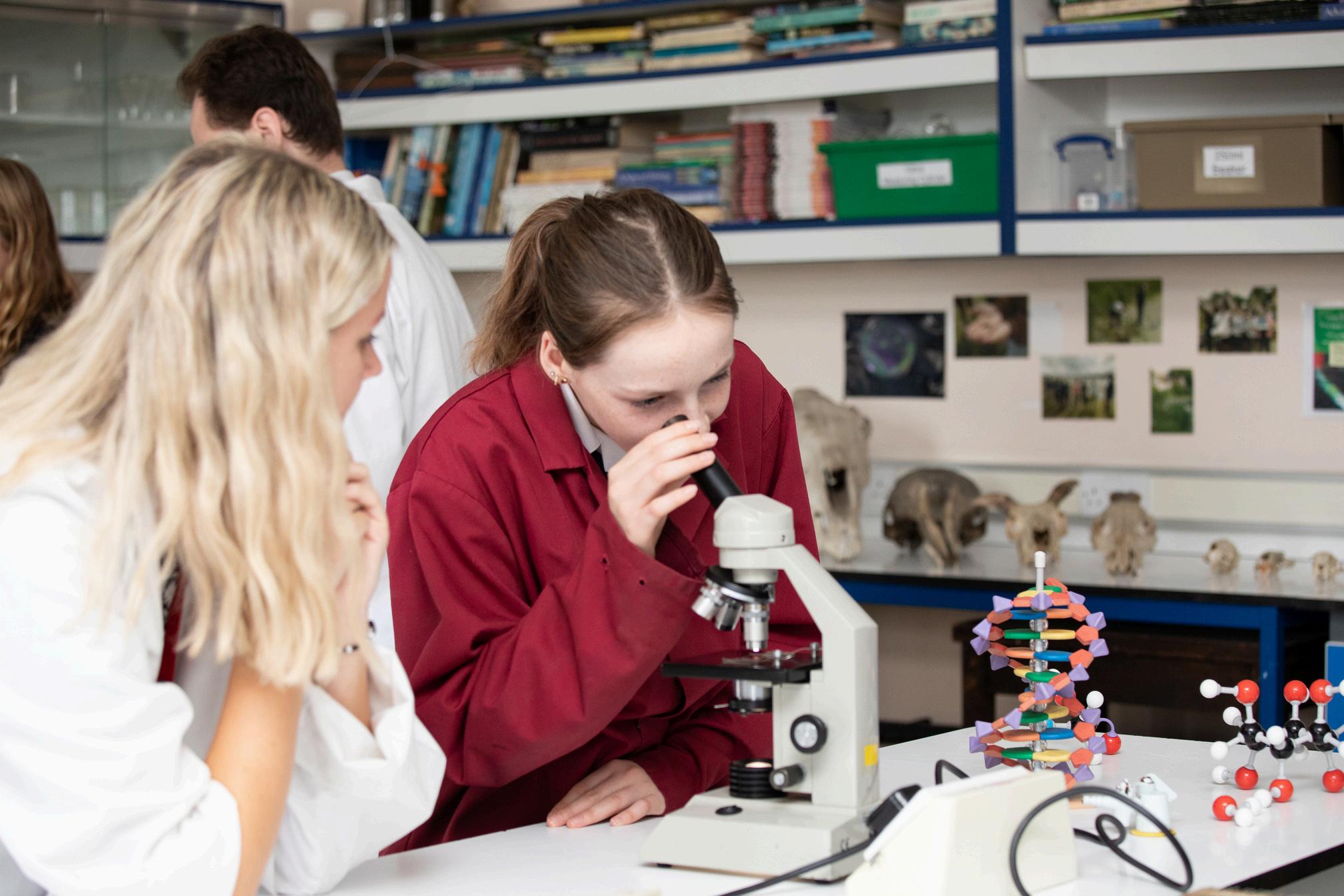
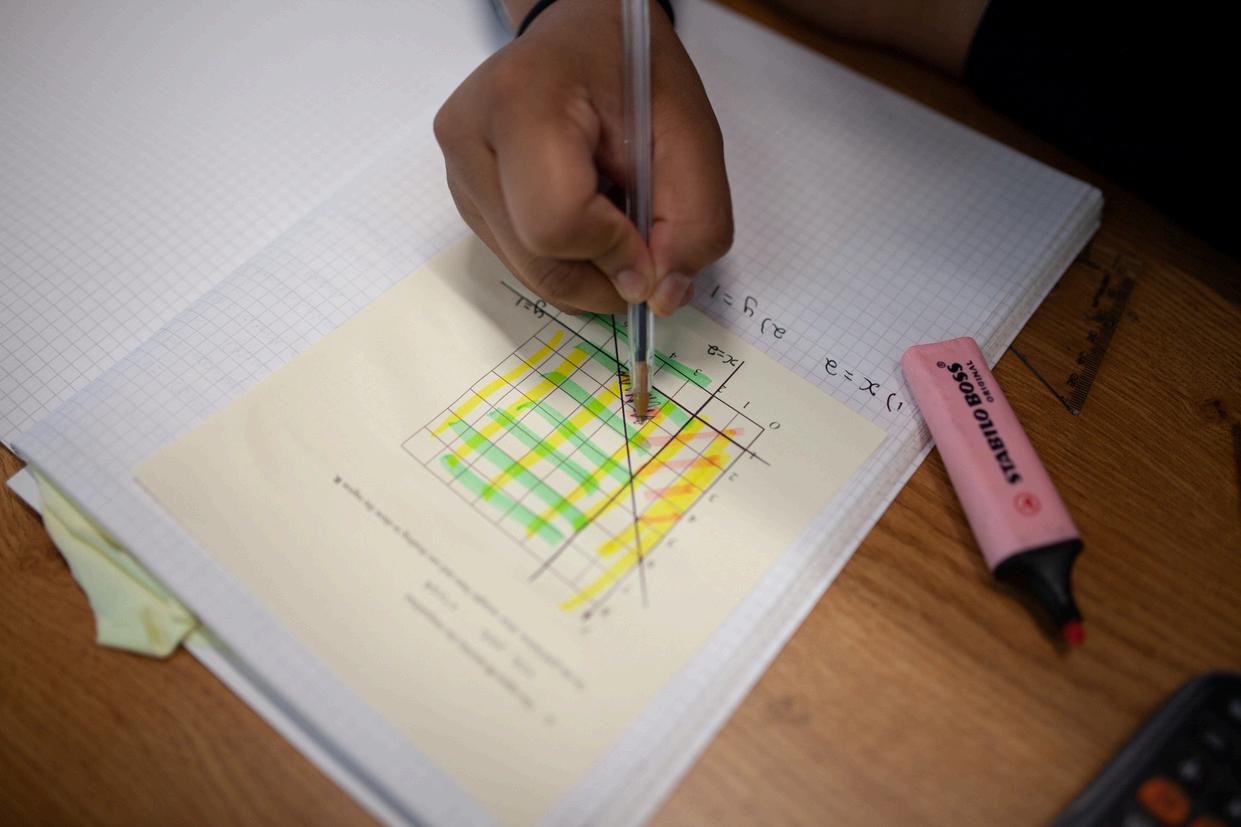
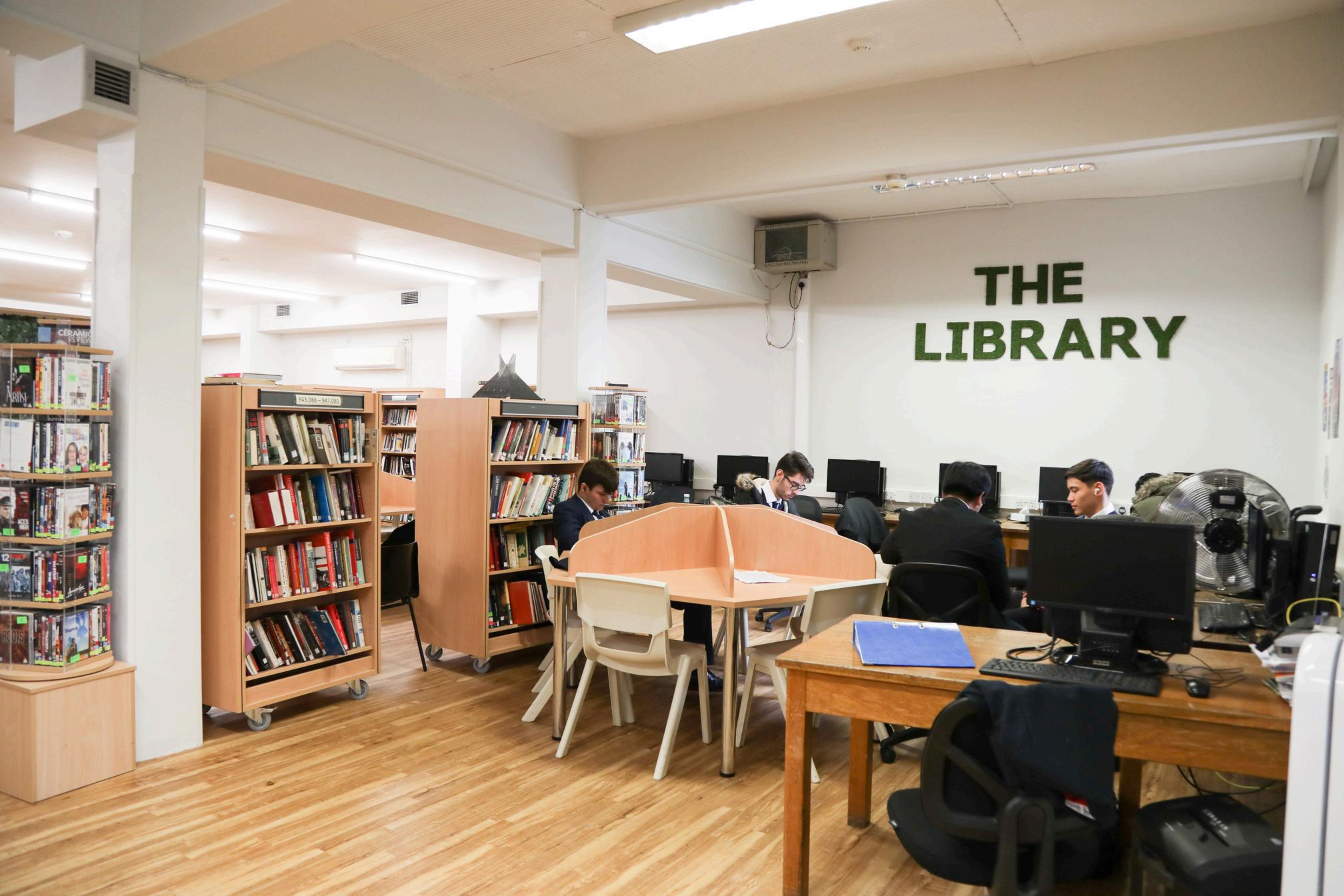
The GCSE years are exciting and stimulating times for English. The department aims to help pupils to express themselves with clarity and feeling. Spelling, punctuation and grammar are important in the assessment of both GCSEs, but there is also emphasis on creativity and pupils are encouraged to read beyond the curriculum. Good handwriting and presentation are encouraged alongside ICT skills The department follows the AQA specifications for both areas of the subject, details of which are given below:
English Language is assessed by two 1 hour and 45 minute papers: the first (01) examines Creative Reading and Writing; the second (02), examines Writers’ Viewpoints and Perspectives
Each paper is worth 50% of the GCSE
Paper 01: There are two sections, A and B In A, candidates read and respond to unseen non-fiction texts, one of which is 19th century In B, they produce a piece of non-fiction writing
Paper 02: There are two sections, A and B In A, candidates read and respond to unseen prose texts, from the 20th and/or 21st century In B, they produce a piece of original creative writing
In addition, there is a spoken language component This is a compulsory, non-examined element which requires pupils to deliver a presentation
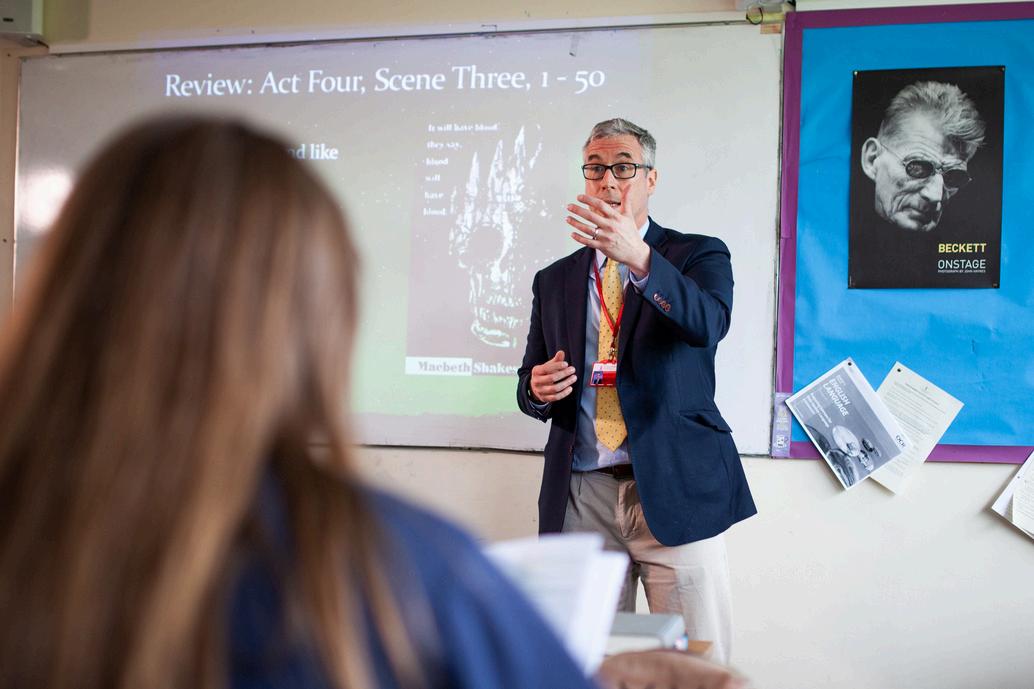
The International GCSE in English as a second language (EAL) is aimed at pupils whose first language is not English It provides a recognised qualification reflecting the practical language abilities of the candidate who will go on to further study either here in the U K or in another country where Higher Education is through the medium of English The examination consists of two separate papers: Reading and Writing, and a Listening paper
Candidates are examined through a variety of realistic tasks, including comprehension of written and recorded texts, and writing tasks that reflect the type of work that further study demands. There is no coursework component and the results are issued as a grade. Preparation for the examination is by means of specific practice exercises as well as general English grammar and vocabulary taught in interactive, communicative small group classes.
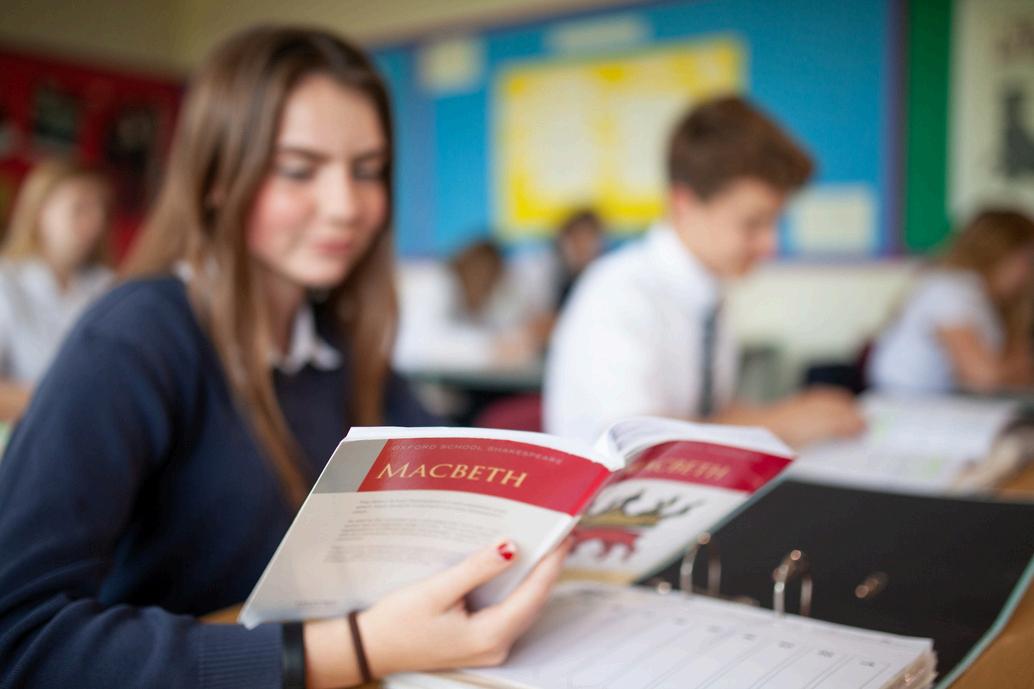
Extra English and Extra Mathematics lessons are designed for pupils working at below a predicted grade 4 (strong pass) at GCSE Due to the importance of a pass in GCSE English Language and Mathematics for Further and Higher Education, small group structured teaching for five hours per fortnight is offered
Extra English and Mathematics lessons are highly structured to meet individual needs Lessons run alongside the pupils’ usual core subject lessons, providing extra opportunities to develop and practise the skills required for success at GCSE.
Separate AQA 8461H, 8462H,8463H Combined AQA 8464 F/H

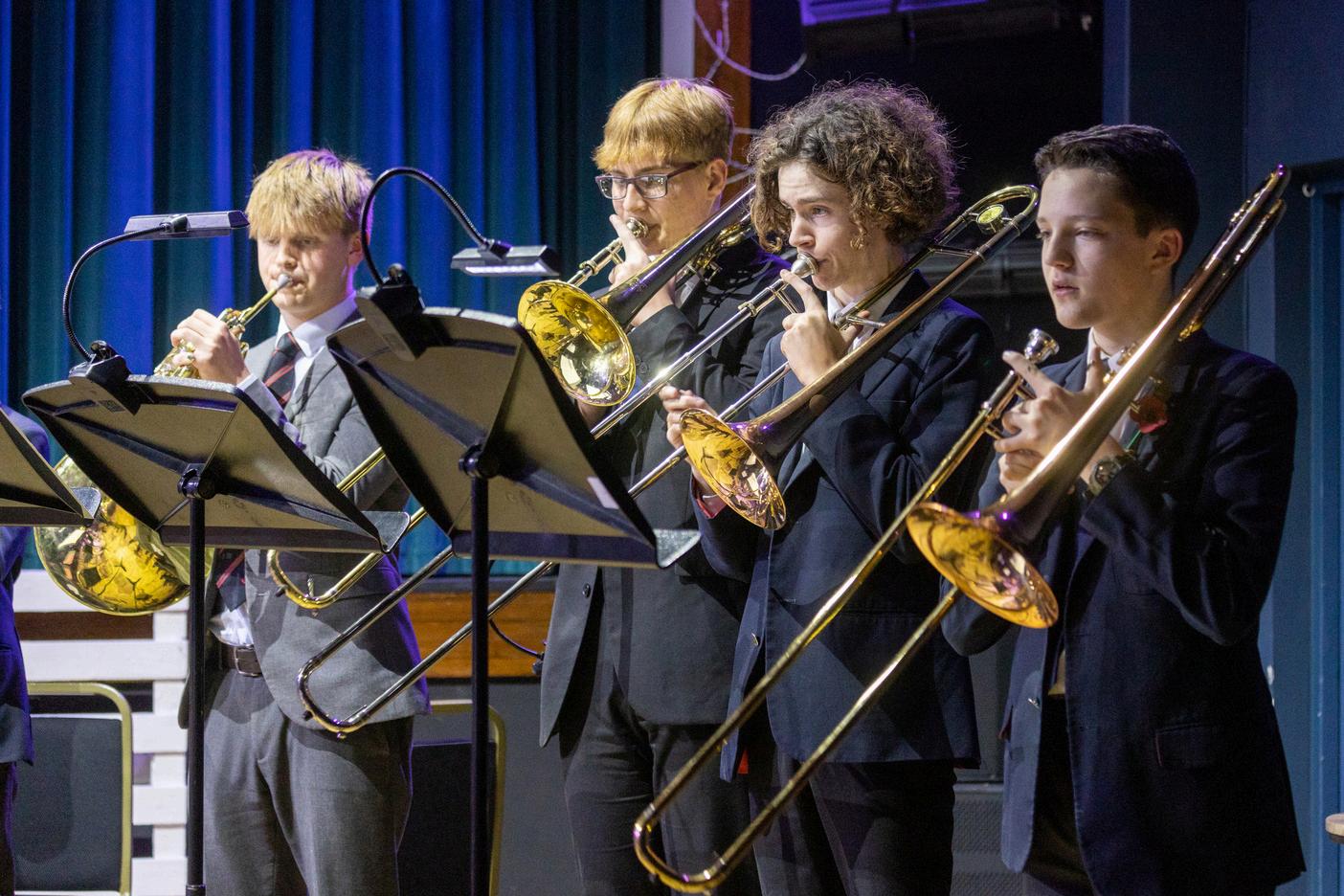
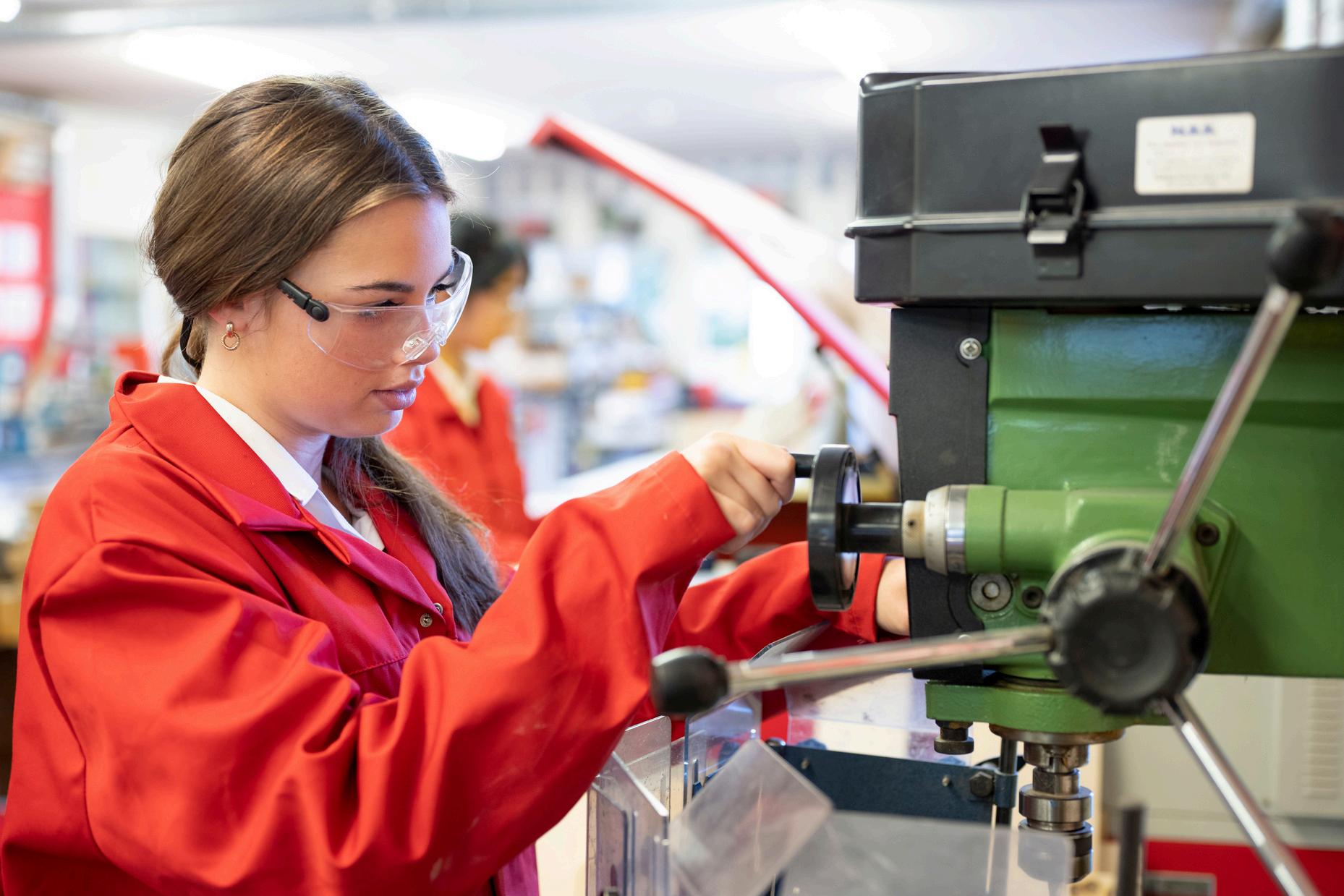
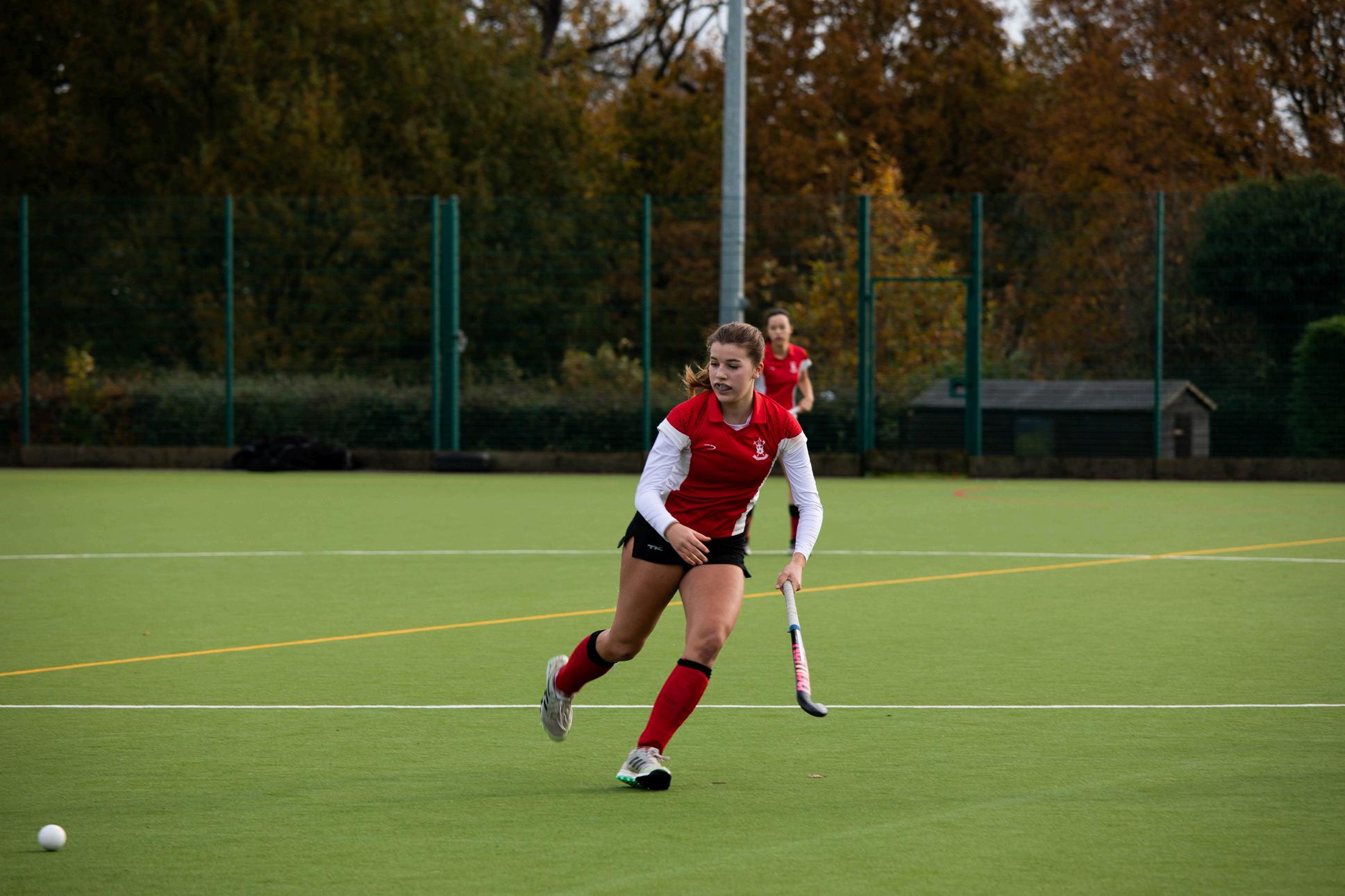

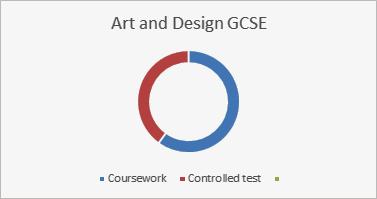
GCSE Art offers excellent opportunities to broaden pupils’ perceptions and visual literacy as well as developing transferable skills, which are valued in industry and Higher Education; particularly research, creative thinking, problem solving and independent learning It is an excellent foundation for the study of Art and Design A-level options Possible career paths include Fine Art, Photography, Textiles, Fashion, Graphic Design, Interior, Furniture and Jewellery Design, as well as Architecture.
This course is one of two options offered by the Art Department Pupils may study one or both options Due to the expensive nature of Art and Design, pupils will be charged £10.00 per term to make a small contribution to the cost of consumable materials They will also be offered the opportunity to purchase other materials for their own personal use These are charged at cost price.
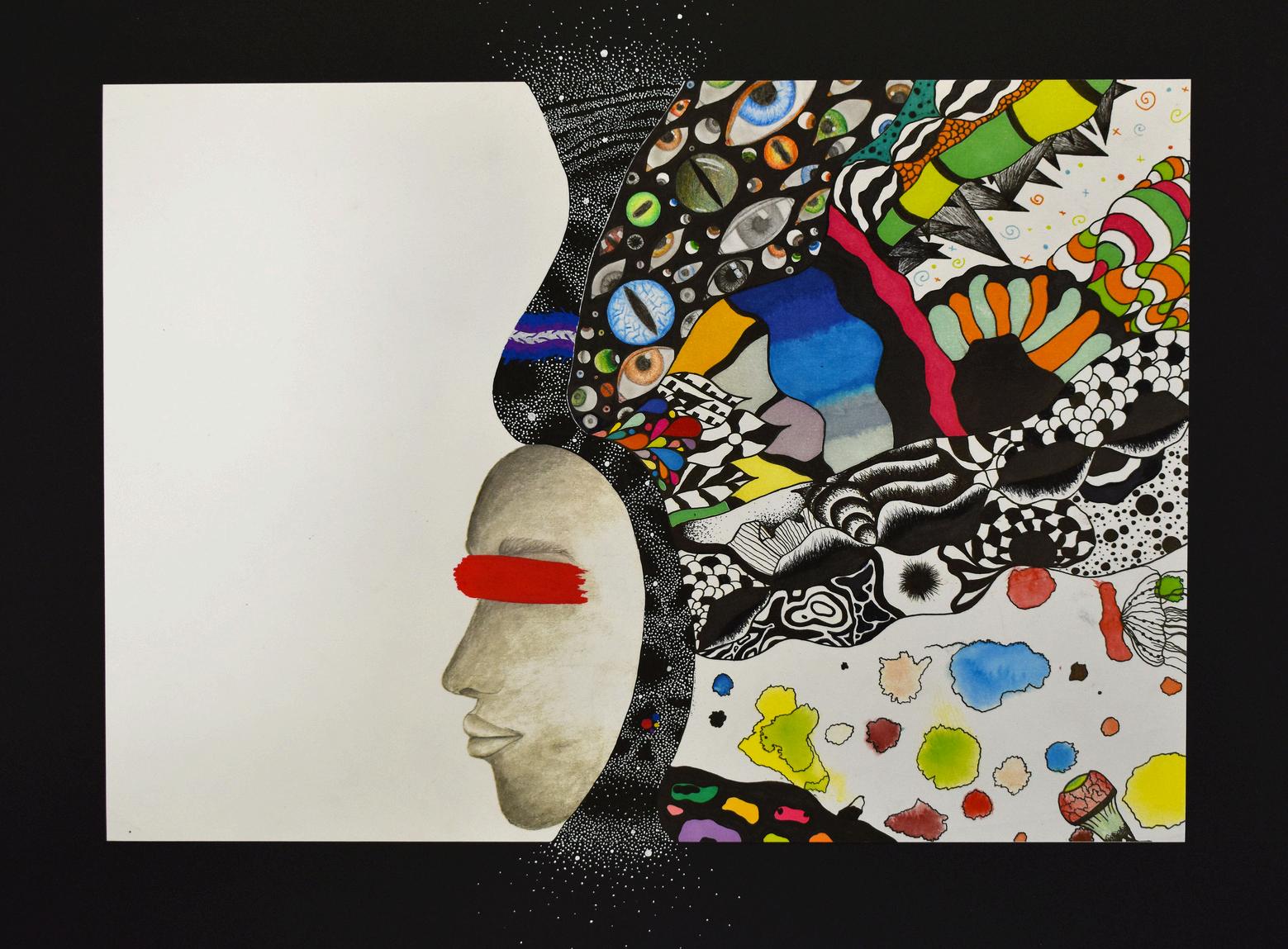

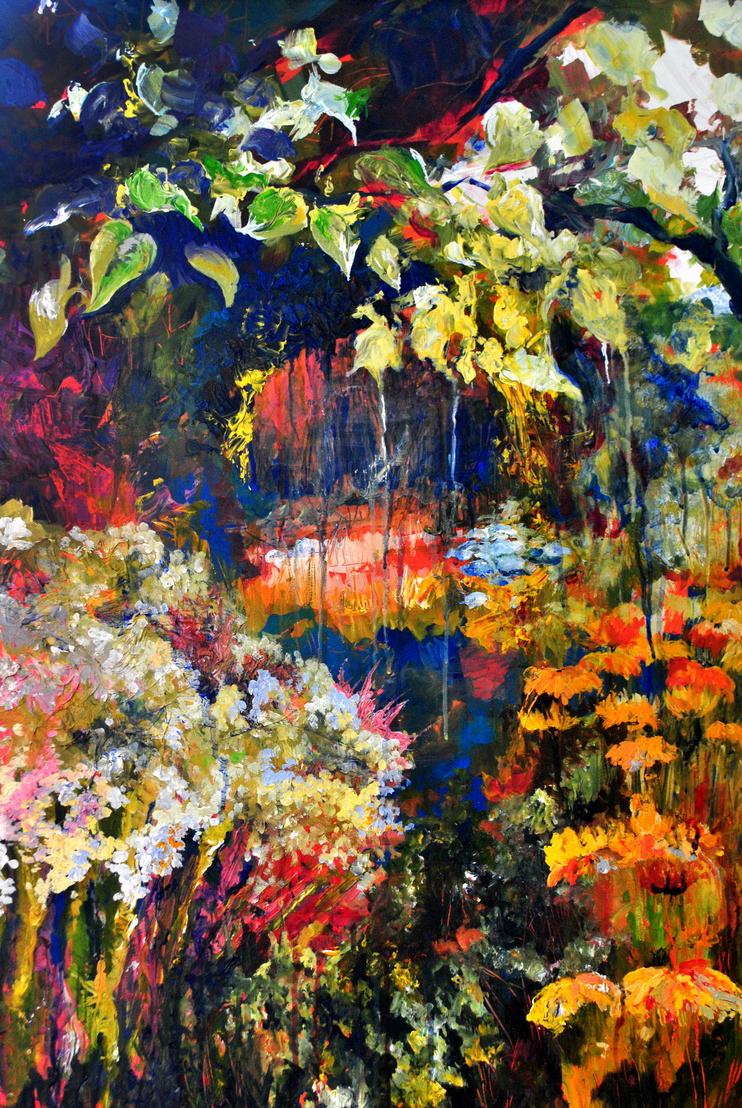
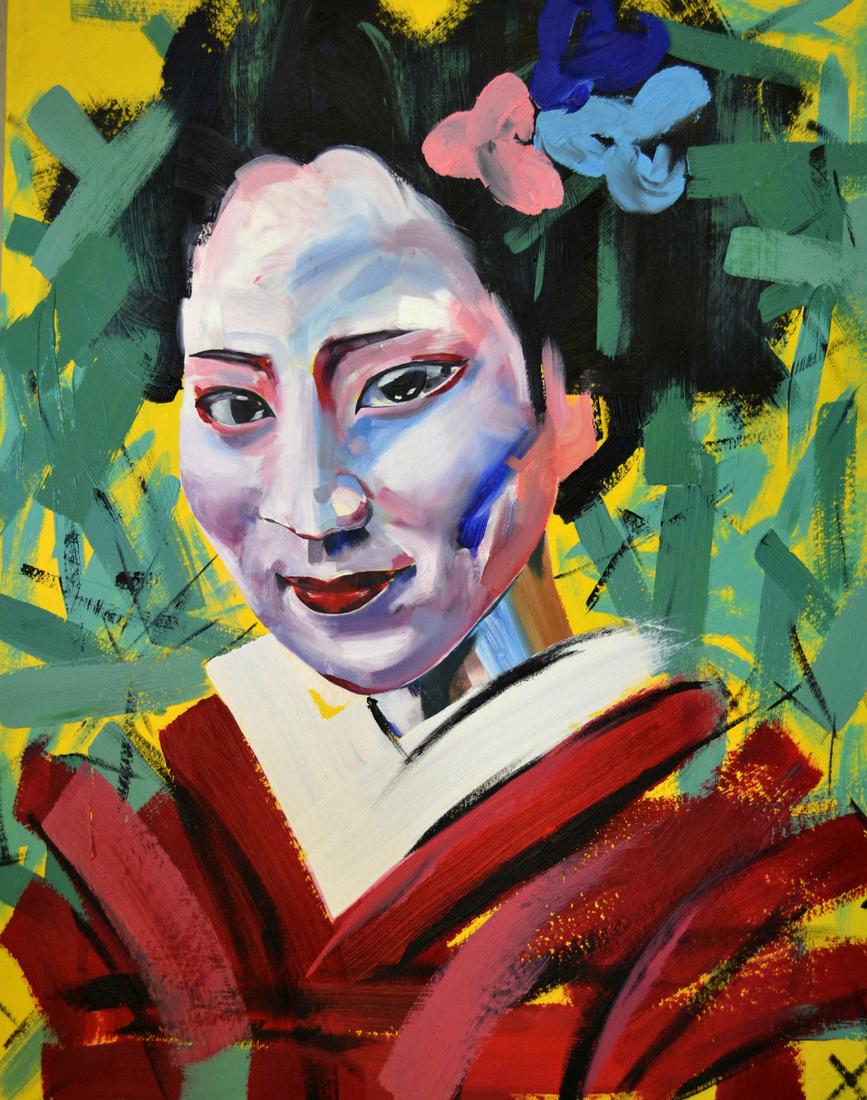
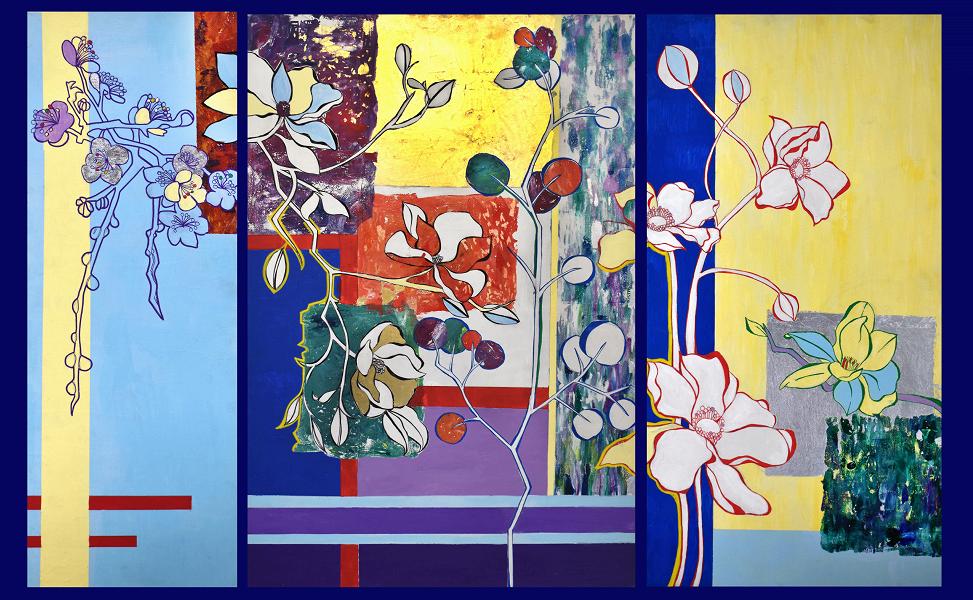
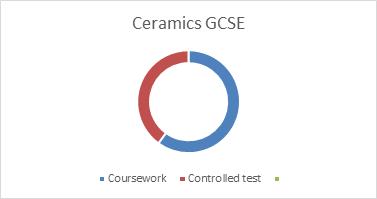
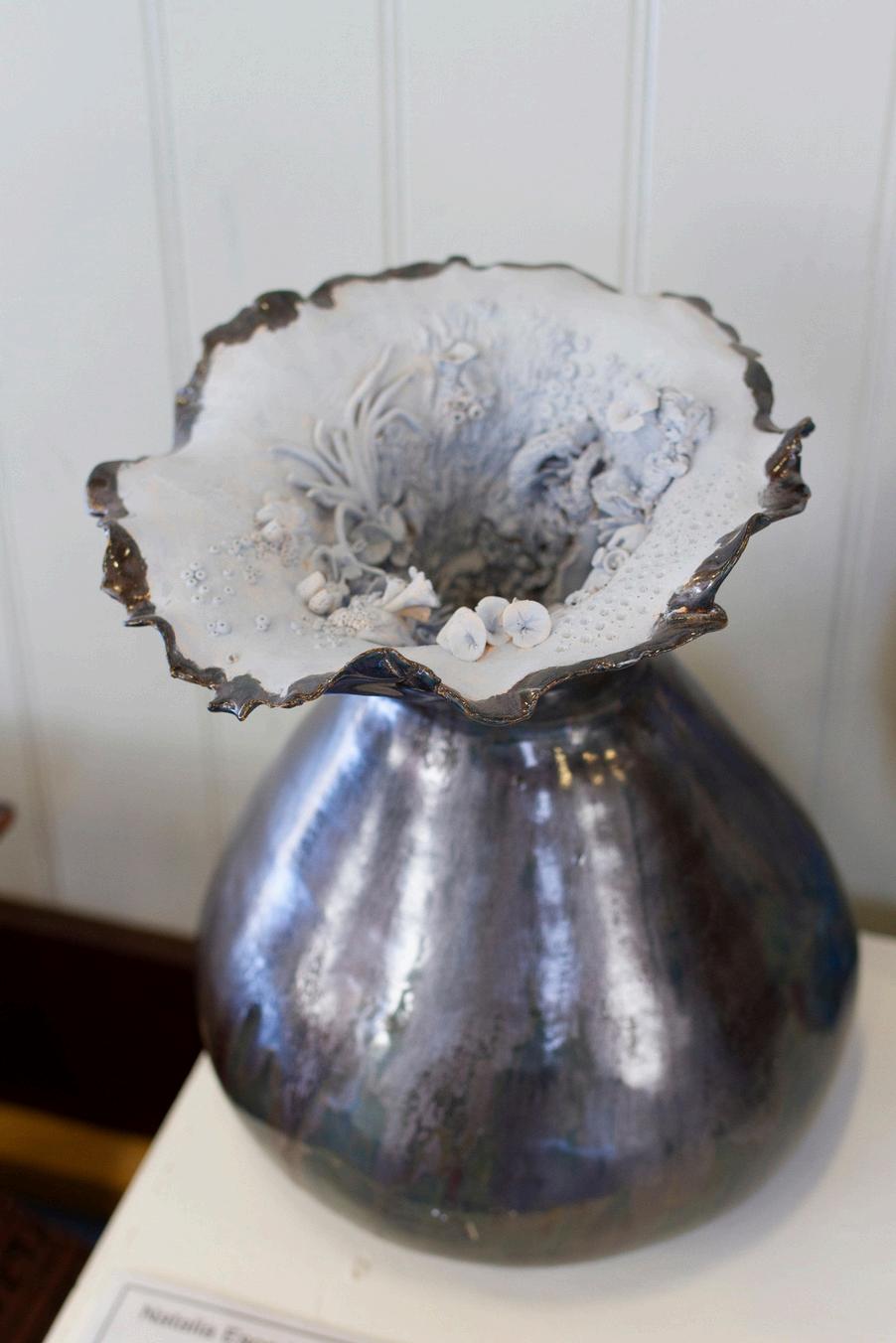
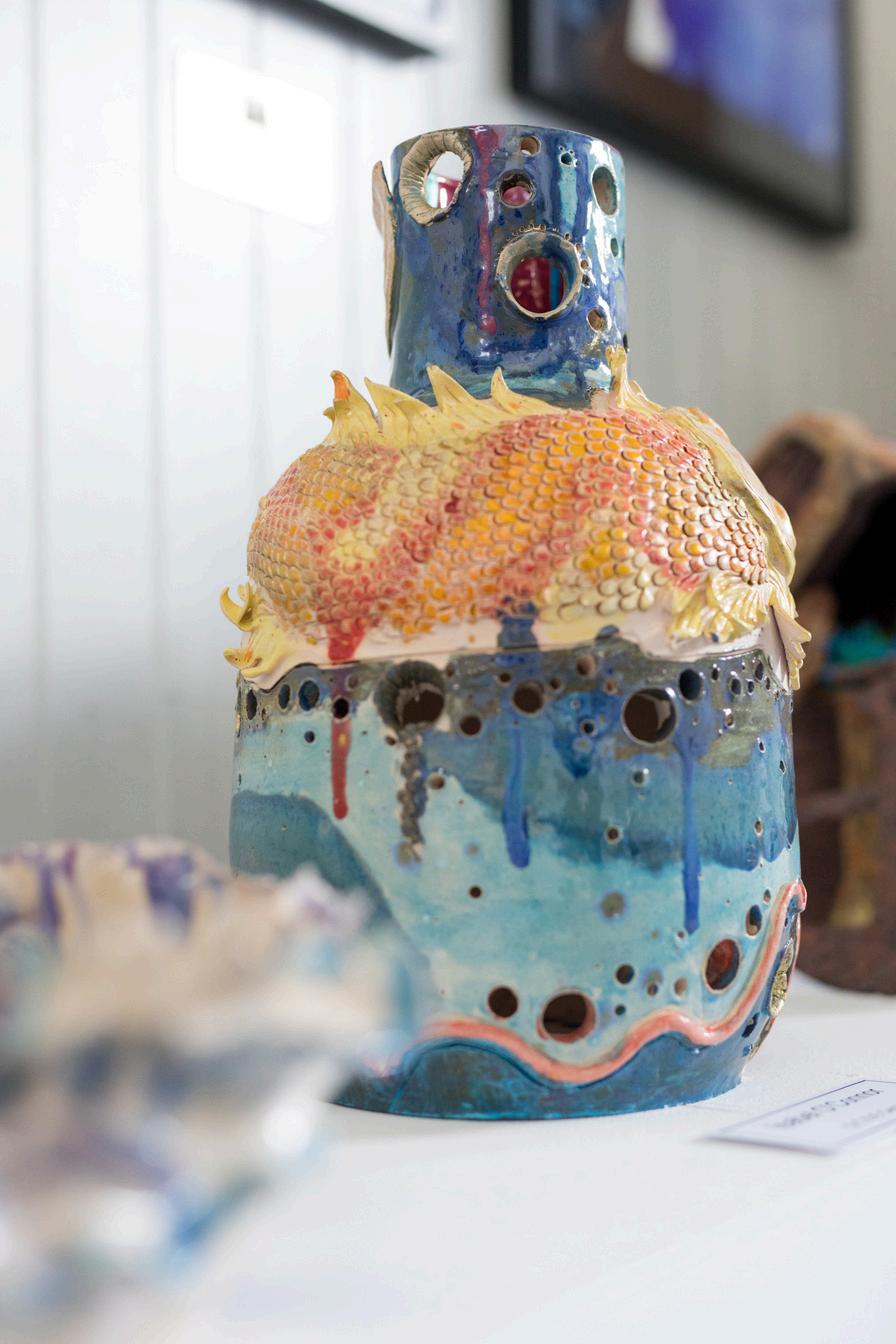

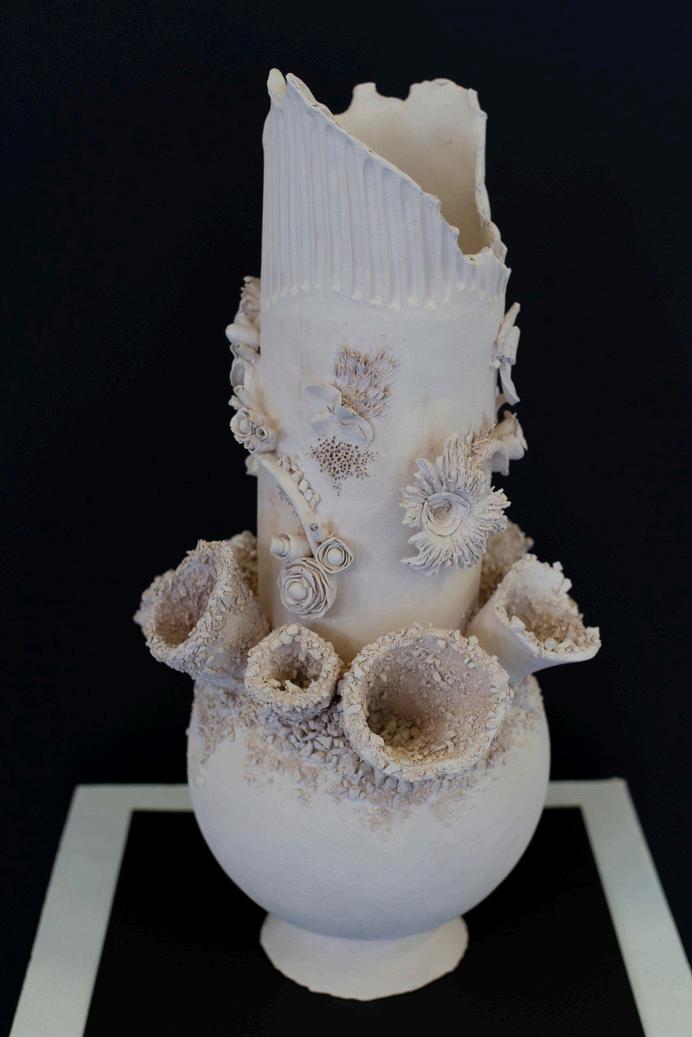
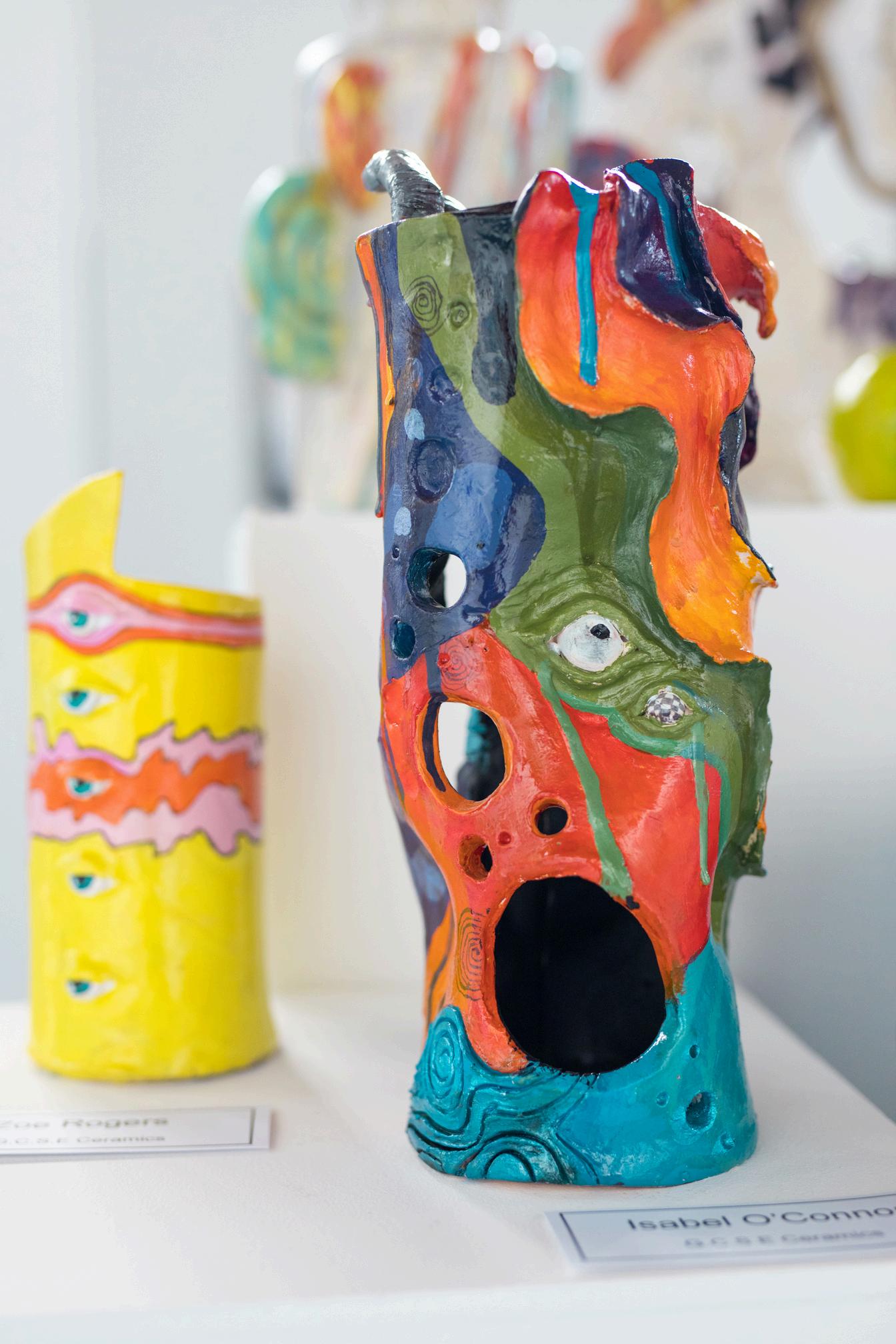
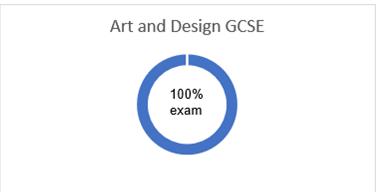
This exciting and creative GCSE course is taught through a comprehensive set of units that cover practical skills such as effective use of the voice and body, improvisation and devising, and stagecraft. It also approaches the subject from an academic perspective, inviting pupils to analyse text and critically reflect on performances
As part of the course, pupils see a variety of professional productions and are encouraged to take part in the many co-curricular drama opportunities at St Edmund’s, such as performing in a production or contributing to the wellestablished stage crew Performances of practical pieces of coursework often attract large audiences, and results are excellent, with pupils regularly gaining marks in the top bands
Component 1: Devising Theatre – 40%
Non-exam assessment.
Pupils create and perform an original devised piece in response to a given stimulus, informed by the techniques of a practitioner or theatre company They produce:
A practical performance
A written portfolio (750–900 words or equivalent audio/visual submission)
A written evaluation (under exam conditions, 1 hr 30 min)
Component 2: Performing from a Text – 20%
Non-exam assessment
Pupils perform two extracts from the same play, assessed by a visiting examiner Performances may be in groups of 2-4 pupils, with a combined performance time of 5–14 minutes depending on group size.
Component 3: Interpreting Theatre – 40%
Written examination (1 hour 30 minutes)
Section A: Questions on a set text studied in class
Section B: A live theatre review, evaluating a production pupils have seen during the course
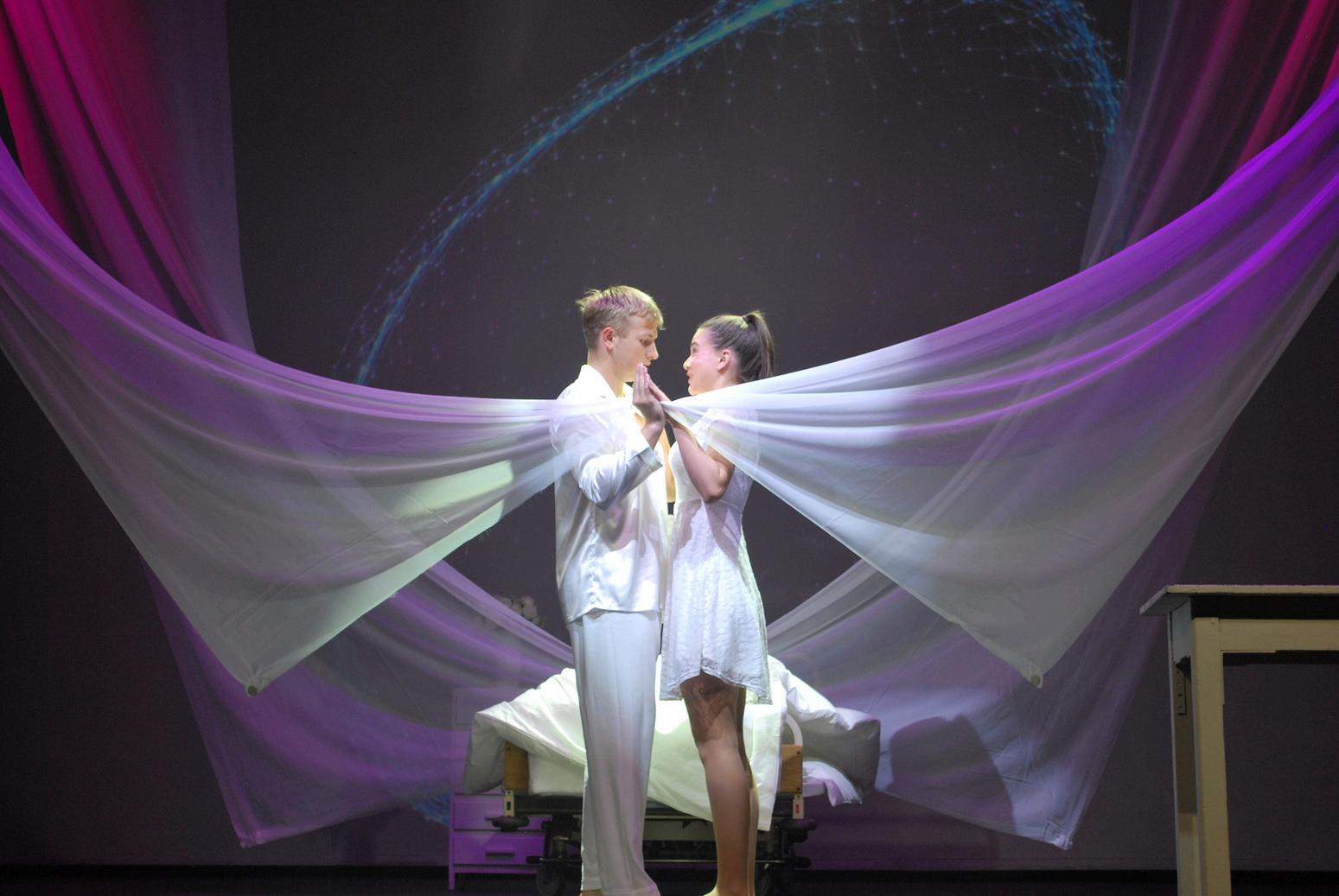
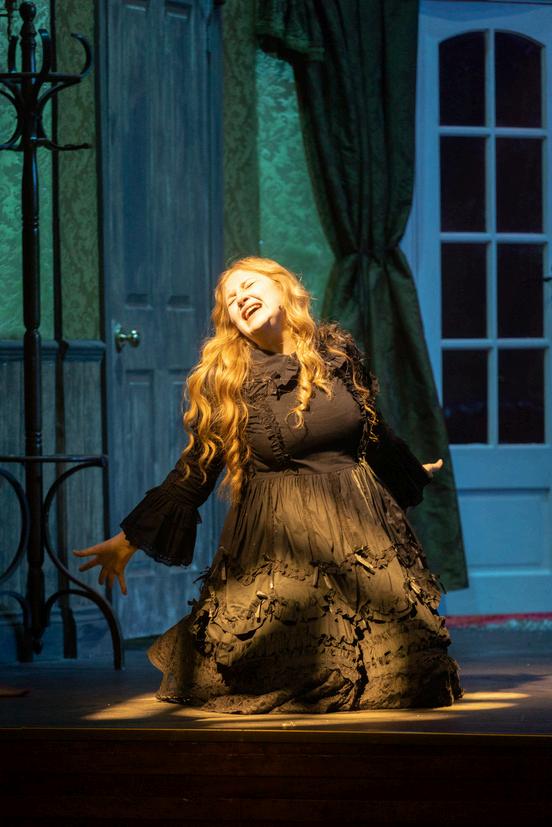

In both components, students are encouraged to evalua andsustainabilityissuesthatarisefromeconomicactivity

GCSE Food Preparation and Nutrition is an exciting and creative course which focuses on practical cooking skills to ensure students develop a thorough understanding of nutrition, food provenance and the working characteristics of food materials
At its heart, this qualification focuses on nurturing students' practical cookery skills to give them a strong understanding of nutrition Food preparation skills are integrated into five core topics: Food nutrition and health, Food science, Food safety, Food choice, and Food provenance
Progression Routes for Food Include: Leiths Introductory Certificate of Food and Wine, Degrees and Diplomas at University, Hospitality, Food Retail, Food and Nutrition, Food Product Design, Food and Manufacture, Food Technologist, Chef, Food Scientist and Nutritionist.
Non-Examination Assessment: 50%
Written examination: 50%
The opportunity to undertake a Leiths Introductory Certificate in Food and Wine is on offer at St Edmund’s. This enables the student to further develop their knowledge and skills at a higher level and, in turn, can lead to university courses and careers
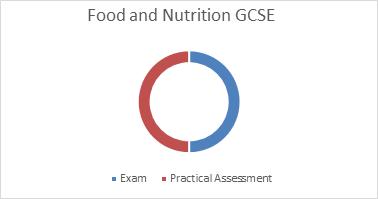

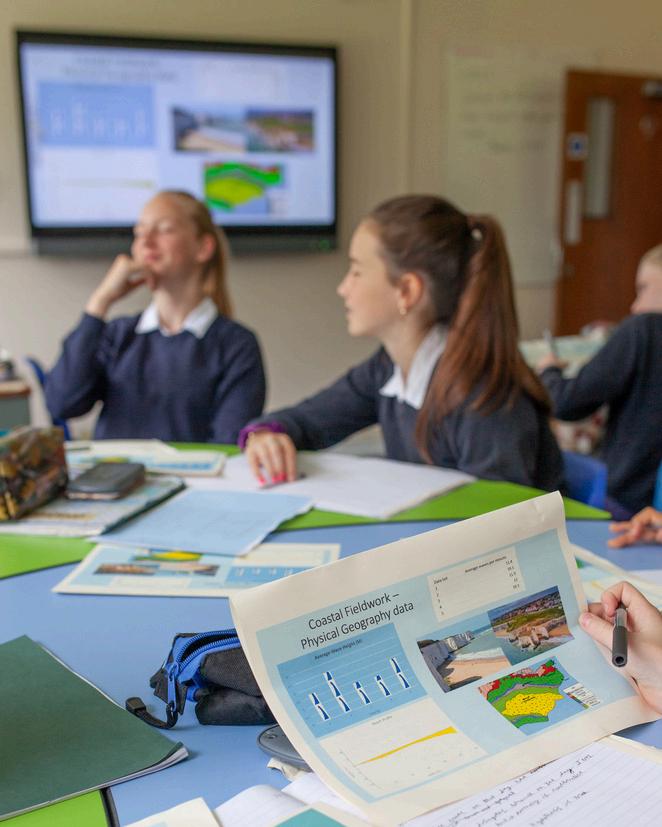
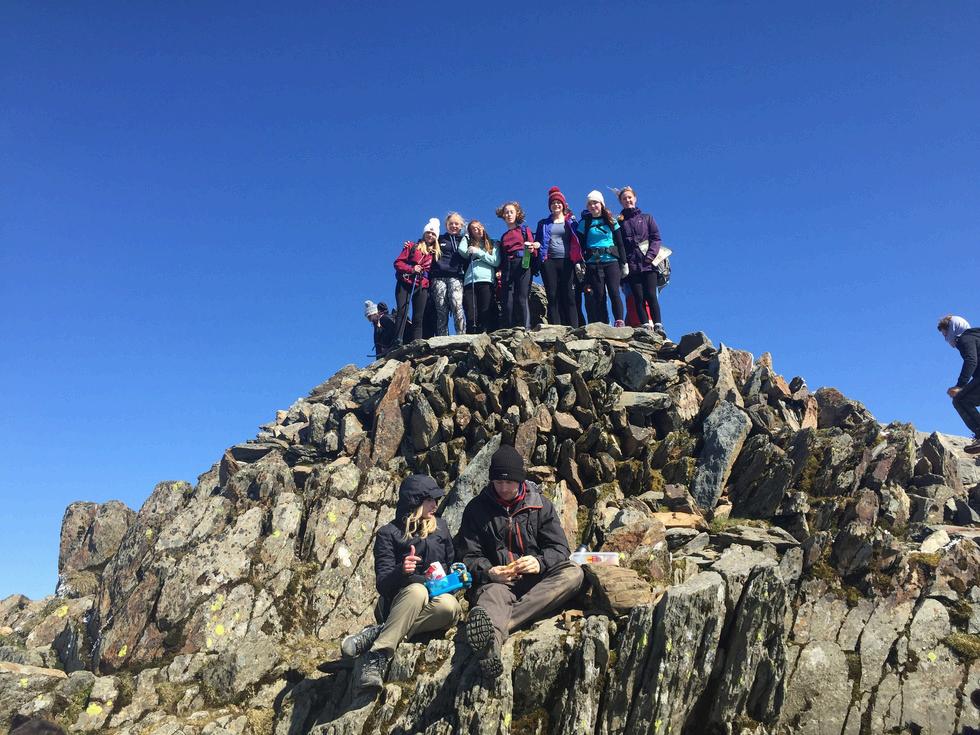
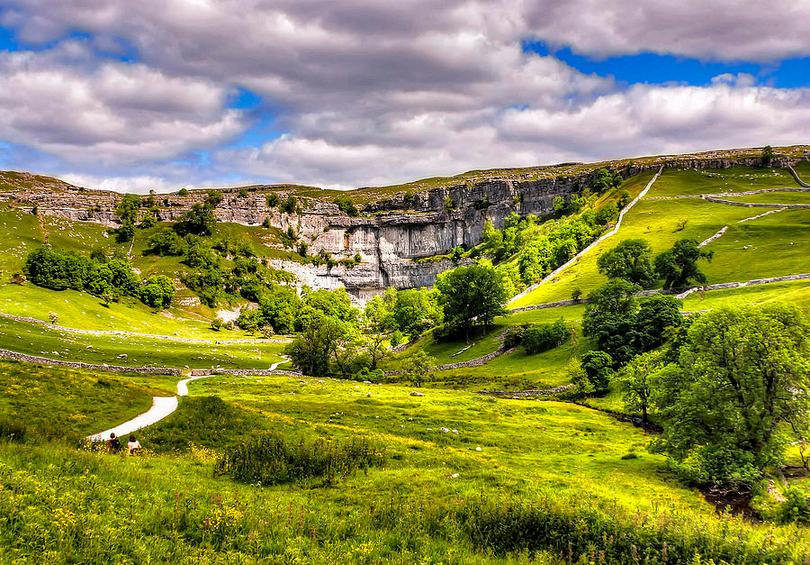

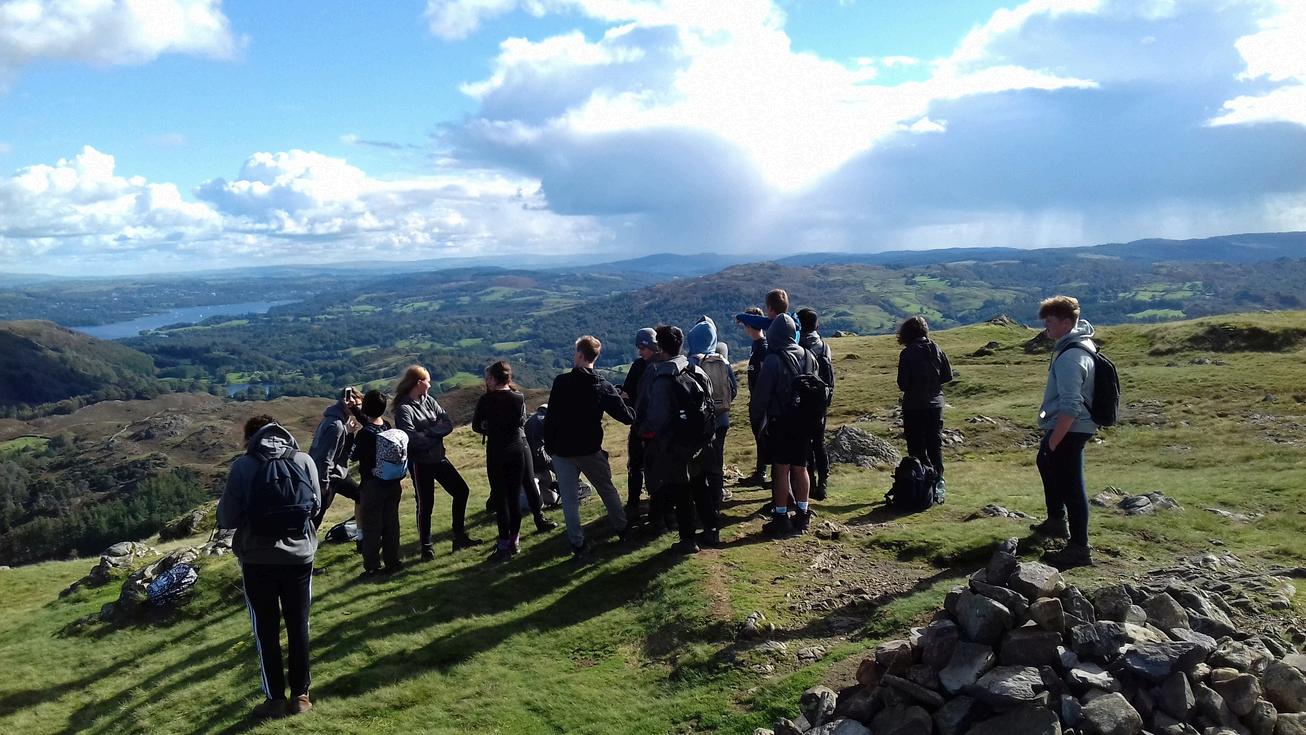

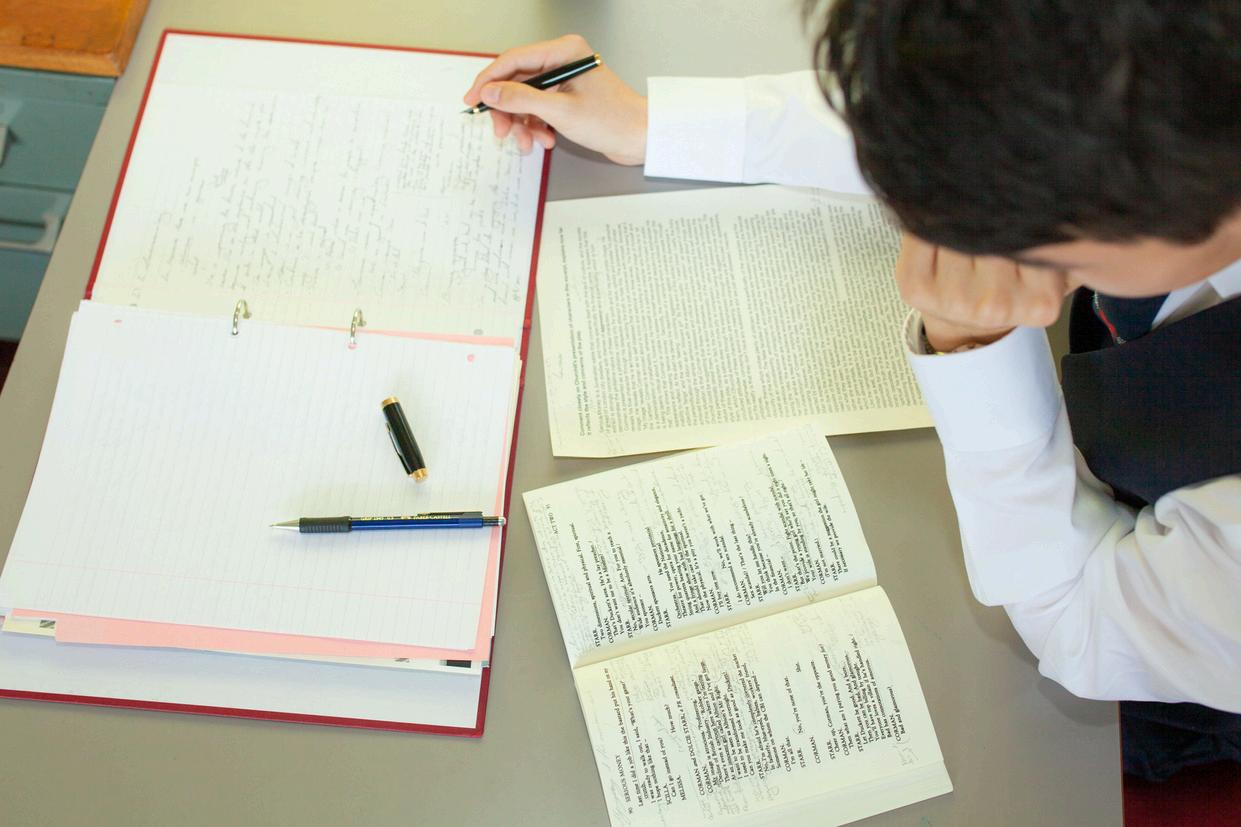
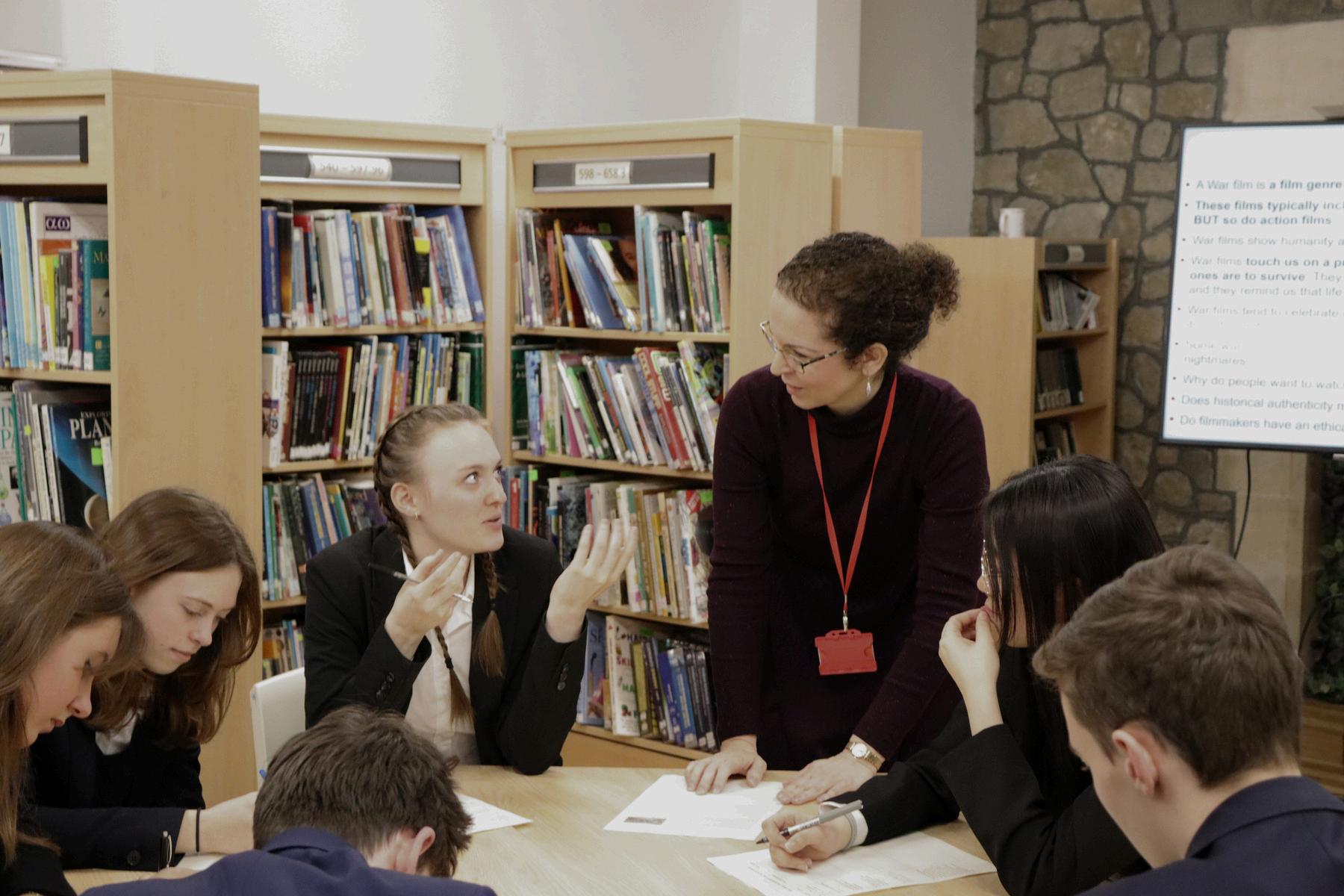
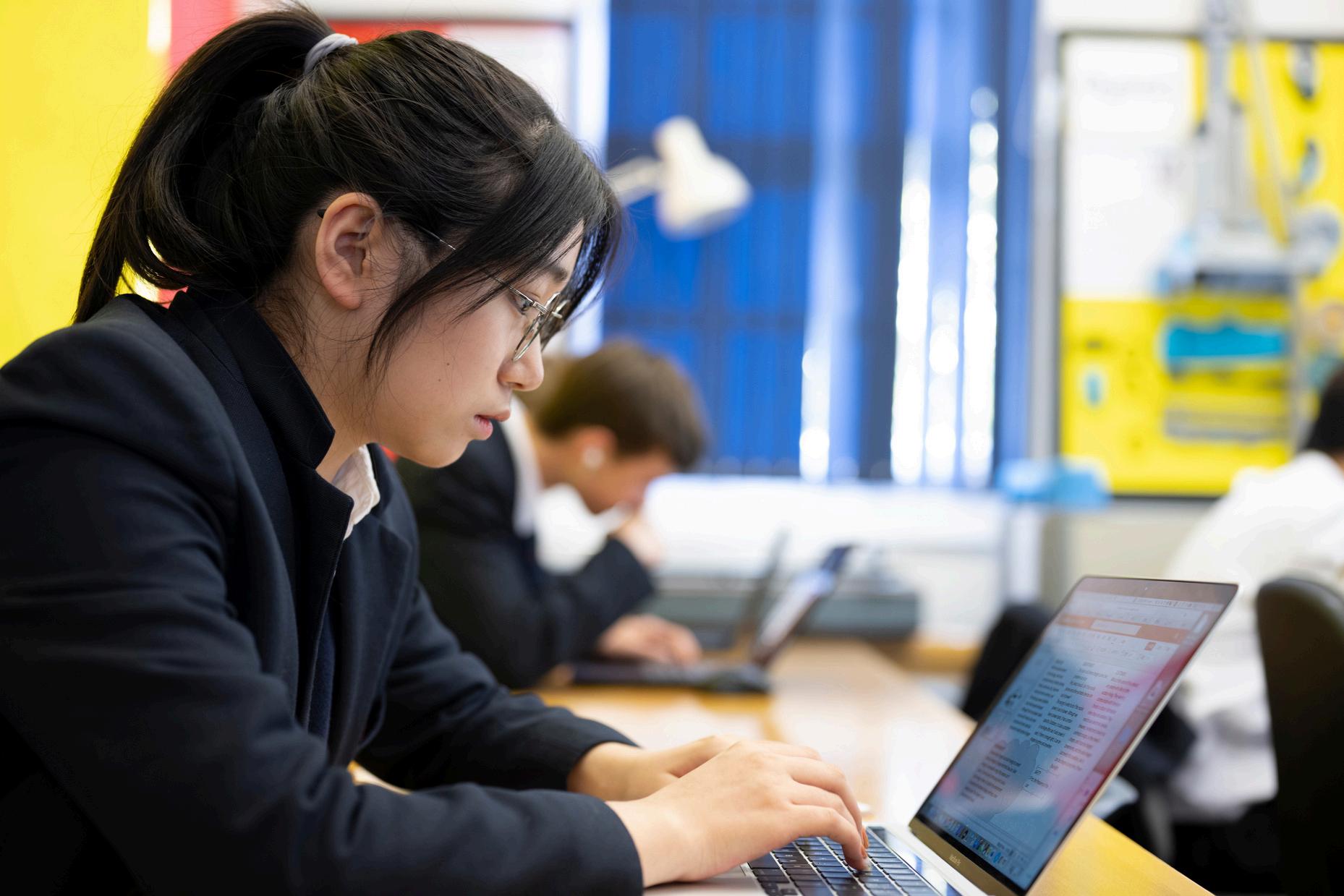
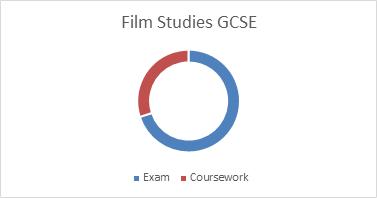
Theme 1: Identity and culture
Theme 2: Local, national and global areas of interests
Theme 3: Current and future study and employment
French is an important language globally as it is the only language, other than English, spoken on the five continents French has been called the language of diplomacy: it has a long history as a colonial language and played a key role in the founding of the United Nations, the Olympic Movement and the European Union With France just over an hour’s drive away via the tunnel it is, perhaps, the most obvious language to learn for anyone living in Kent
Spanish is a language of increasing worldwide importance As well as being the native tongue of most South American nations in addition to the people of Spain, it is also widely spoken in the USA with a higher number of speakers than in Spain In total, there are more than 400 million native Spanish speakers in the world, giving Spanish a global standing like never before It has been cited as a ‘growth language’ giving it more popularity in schools
Whatever language you choose, the course will be relevant, up-to-date and rewarding The language is introduced through a range of engaging topics relevant to young people. Throughout the course we aim to expose pupils to native speakers (where possible) and to encourage them to experience firsthand all things culturally French, German and/or Hispanic, including music, film and food A variety of trips and events are organised to support and develop both cultural and linguistic knowledge, including the organisation of individual exchanges, film screenings and activities to celebrate the European Day of Languages There are also opportunities for the pupils to pass on their knowledge to younger students in the Junior School and PrePrep
This year ’ s focus is Aeneas’s love affair with

GCSE Music is open to all pupils who have a keen and active interest in Music. Pupils build up a broad range of skills, including in communication and presentation; historical contexts and analysis, and in self-expression and creativity Music is demanding both academically and practically, yet equally personally fulfilling and rewarding
Pupils must be prepared to study an instrument, sing, and learn to develop their reading of different forms of musical notation Normally, it is expected that candidates should already play an instrument to Grade 4 (or equivalent) standard at the start of the course Should formal examinations not have been taken, a candidate’s level of performance will be assessed by departmental staff before being accepted onto the course All musicians are expected to be fully involved, not only in classroom music, but also in the wide variety of co-curricular music organised by the department It is essential that pupils have a proven level of musical proficiency in written musicianship and theory at the start of the course Those who have little experience in reading notation should be prepared to follow a short course designed to get them up to speed with the musical understanding needed in order to get the top grades at GCSE. The recommended workbook is ‘Step Up to GCSE Music’ by Paul Terry, which may be started at any point and will be supported by music staff
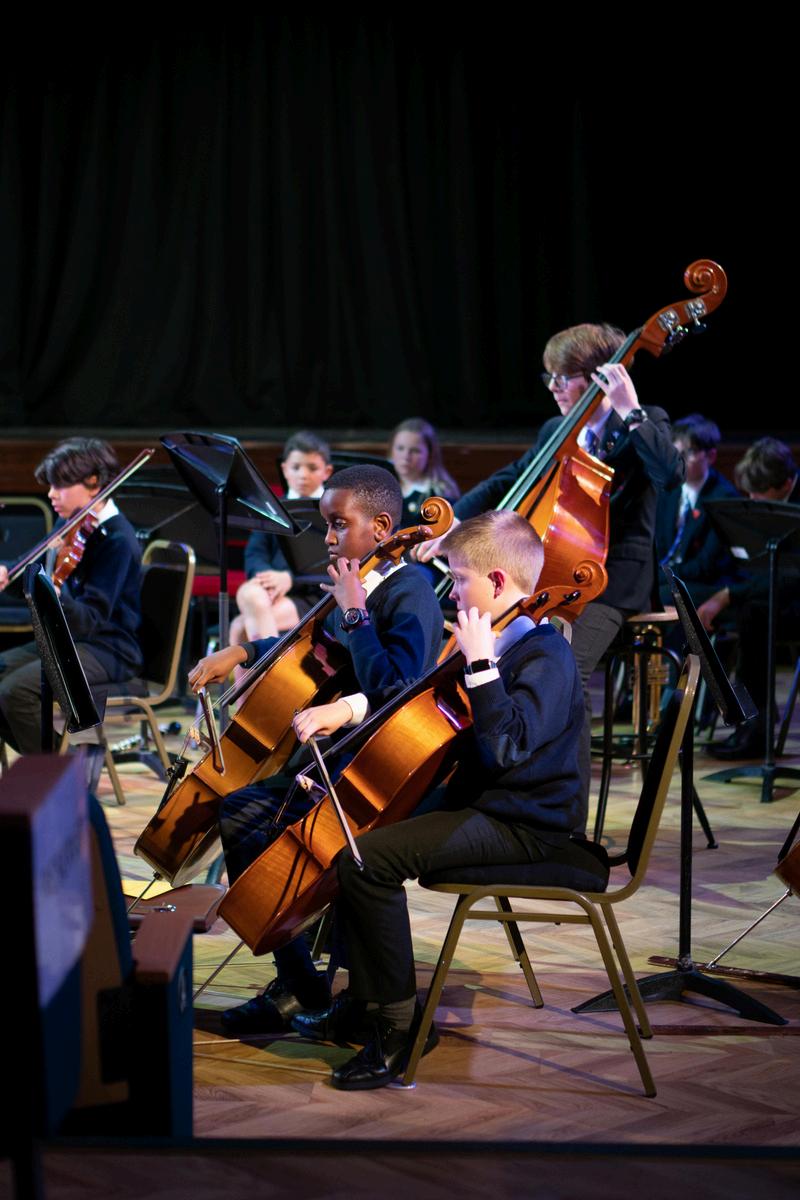
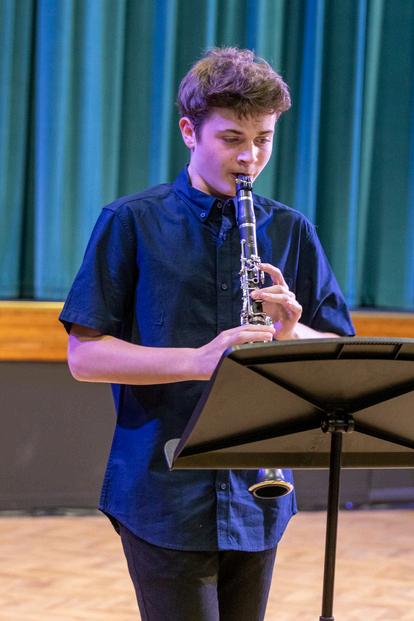
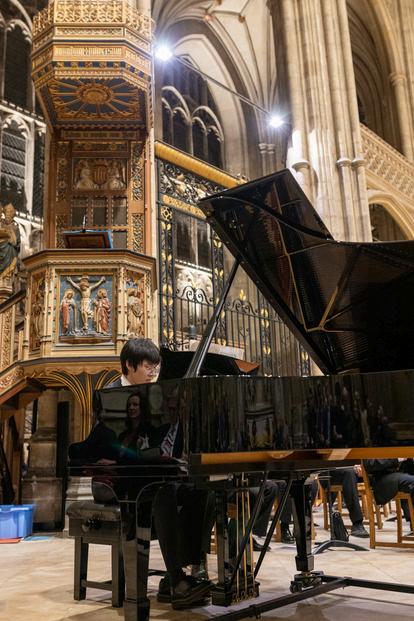
The Edexcel Specification is followed, which breaks down into three components:
Performing (30%): Pupils record two performances in the Upper Fifth year, one of which must be part of an ensemble The combined length of these recordings will be at least four minutes
Composition (30%): This coursework element comprises two compositions, one of which is written in response to a set brief and the other is free Pupils are set regular composition assignments covering a range of styles throughout the course, and build up a portfolio of ideas from which two are chosen to be developed for final submission Scores must be produced and pupils will gain experience in using Music software, including Sibelius, Garageband and Logic, in order to fulfil this requirement
Appraising (40%): Assessed as a 1 hour 45 minute written paper, this component examines knowledge of set works, musical elements, historical contexts and responding to unfamiliar pieces. There are four Areas of Study, each with two set works:
Instrumental Music 1700-1820
Vocal Music
Music for Stage and Screen Fusions
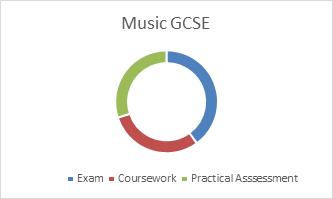
AQA GCSE Physical Education provides students with the knowledge and understanding of how to love a healthy and active lifestyle, enabling them to make informed choices about their own physical development Students can choose from a variety of physical activities in which to participate and be assessed It is suitable for pupils with a passions for sport who may aspire to work in a sporting environment
Assessment methods:
Two examination papers are taken at the end of the two-year course
Practical assessment is ongoing throughout the course
Paper 1: The human body and movement in physical activity and sport: 1 hour 15 minutes 30% of GCSE.
Paper 2: Socio-cultural influences and well-being in physical activity and sport: 1 hour 15 minutes 30% of GCSE
Multiple choice/objective test questions, short answer questions and extended answer questions
Non-examination assessment:
Practical performance in physical activity and sport - internally assessed and externally moderated: 40% of GCSE
1 Practical performance in three different physical activities in the role of player/performer One in a team activity, one in an individual activity and a third in either a team or an individual activity (each assessed out of 25 marks)
2.Analysis and evaluation of performance to bring about improvement in one activity - written or verbal (25 marks).
8552)
Think of almost any issue that bedevils the modern world – climate change, superbugs, affordable housing - and the chances are that people with STEM skills (Science, Technology, Engineering and Maths) will be at the core of devising a solution Great product design combines art, technology, mathematics and science in various degrees to make inventive three-dimensional goods using a wide range of materials
This GCSE course includes a Non-Examination Assessment project featuring the design, manufacture, marketing and branding of prototype products Design contexts are chosen by the individual and can include: furniture, lighting, fashion, jewellery, smart products, sports and leisure products, transportation, toys and games Pupils develop a range of techniques across studio-based design processes, traditional workshop methods, computer aided design and computer aided manufacturing techniques They will also have the opportunity to study specialist technical principles in greater depth
This course enables pupils to understand design in its wider context and to recognise its place in the cultural landscape. They will gain awareness and learn from wider influences including historical, social, cultural, environmental and economic factors. Pupils enjoy the opportunity to work creatively when designing and making, and to apply technical and practical expertise
Non-Examination Assessment: 50%
Written examination: 50%
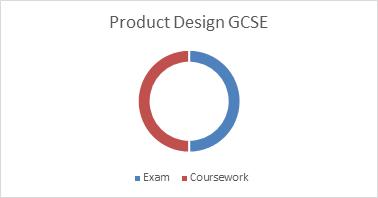
Careers directly related to GCSE Design Technology include product design, manufacturing, carpentry, metal work, furniture production, plumbing, model-making, product development, industrial design, materials development, architecture, graphic design, graphic artist, Illustrator, set designer, costume designer, fashion and jewellery designer and interior designer.
The opportunity to study A-level Product Design is also on offer at St Edmund’s, enabling pupils to further develop their knowledge and skills at a higher level This, in turn, leads to university courses and careers in the creative industries

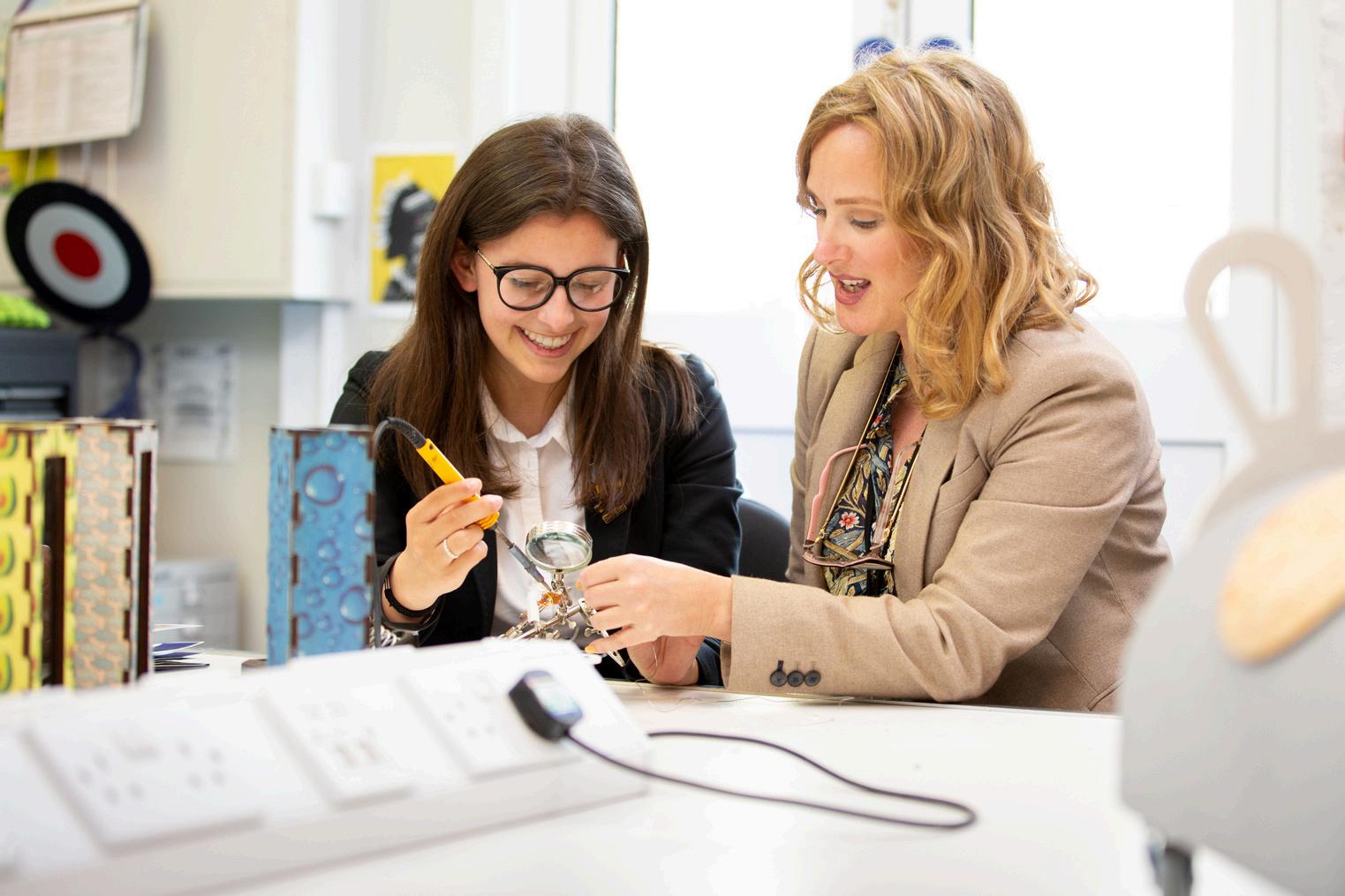
The GCSE course we follow considers the basis for Christian and Buddhist beliefs and teachings and how these religions are practised in the modern world Learning is reinforced by trips to local churches, including a privileged insight into the life of Canterbury Cathedral, and a Buddhist temple. Outside speakers help pupils understand how religious communities contribute to the wider community. The second year focuses on modern moral dilemmas such as war, abortion, euthanasia, crime and punishment, environmental issues and social justice.
The course builds on material covered in the Lower Fifth, where Christianity has been studied, and an introduction to ethics has been followed However, prior knowledge is not essential and the course is open to people of all beliefs and those with none The course is examined via two written papers; there is no coursework
The Religious Studies course requires pupils to explore all sides of an argument and to develop their own opinions During the two years, pupils learn a great deal about religion and the world in which they live but, most importantly, they learn a lot about themselves, their beliefs and their values
The course helps pupils to develop the ability to marshal and to express an argument persuasively without necessarily believing in that point of view. It is ideally suited to those who enjoy discussion and debate and is a useful stepping stone to A-lev and Ethics

GCSE CHOICES
Select three optional GCSE subjects to be studied in the (M5) Form, one subject from each of the blocks
BLOCK A BLOCK B
BLOCK C ART PHYSICAL EDUCATION CERAMICS
DESIGN TECHNOLOGY
DESIGN TECHNOLOGY COMPUTER SCIENCE
ECONOMICS FOOD TECHNOLOGY FOOD TECHNOLOGY
RELIGIOUS STUDIES
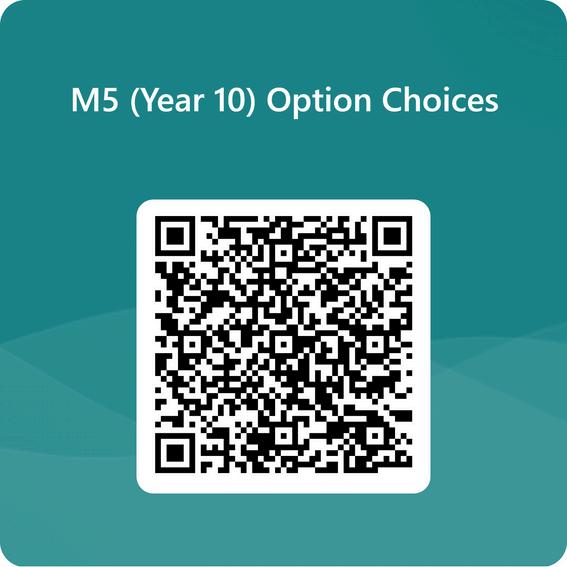
Don’t worry! Your choices are NOT final and binding at this stage Please contact Mrs Bensberg if you have any questions or concerns: aeb@stedmunds org uk
